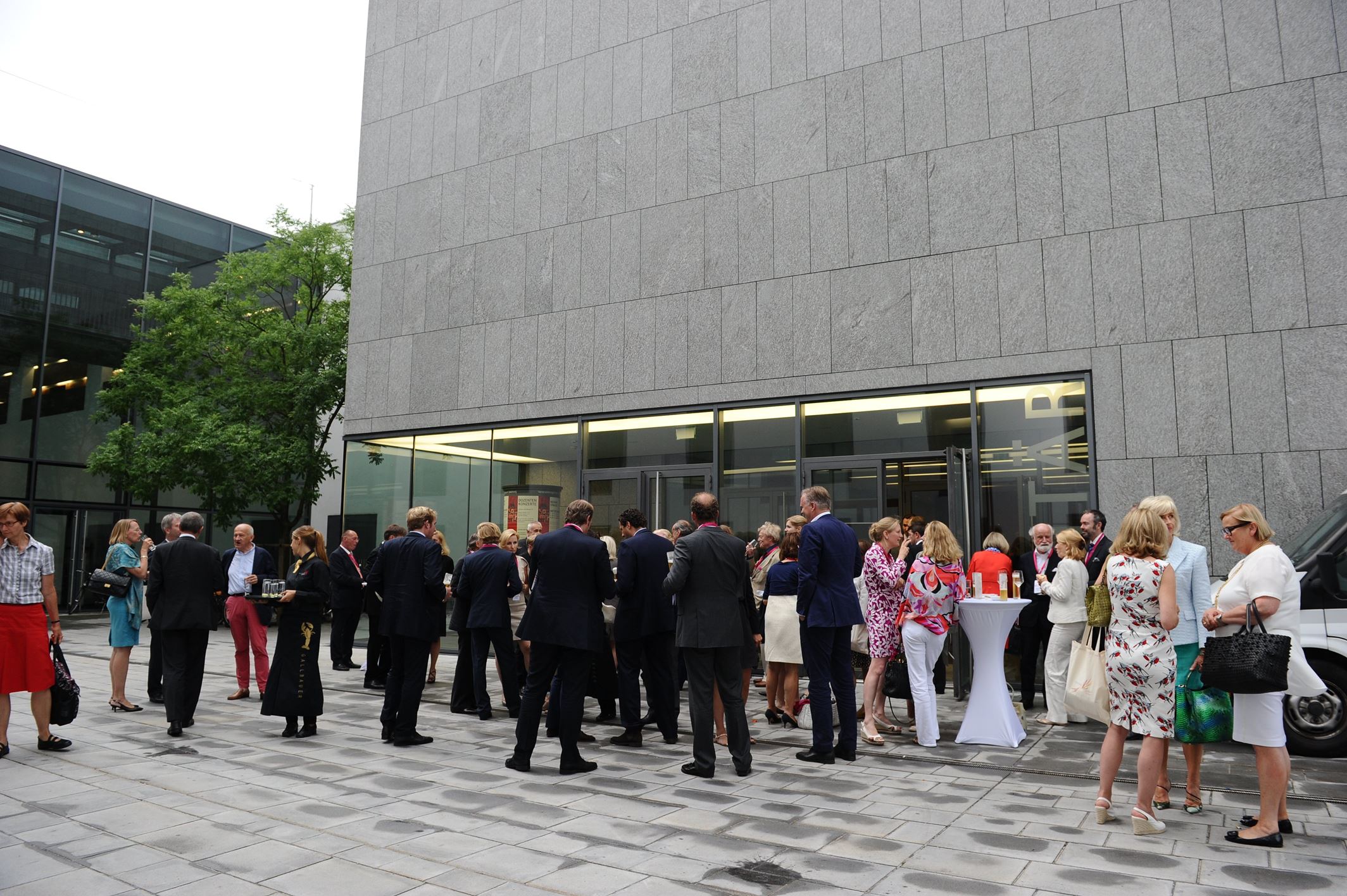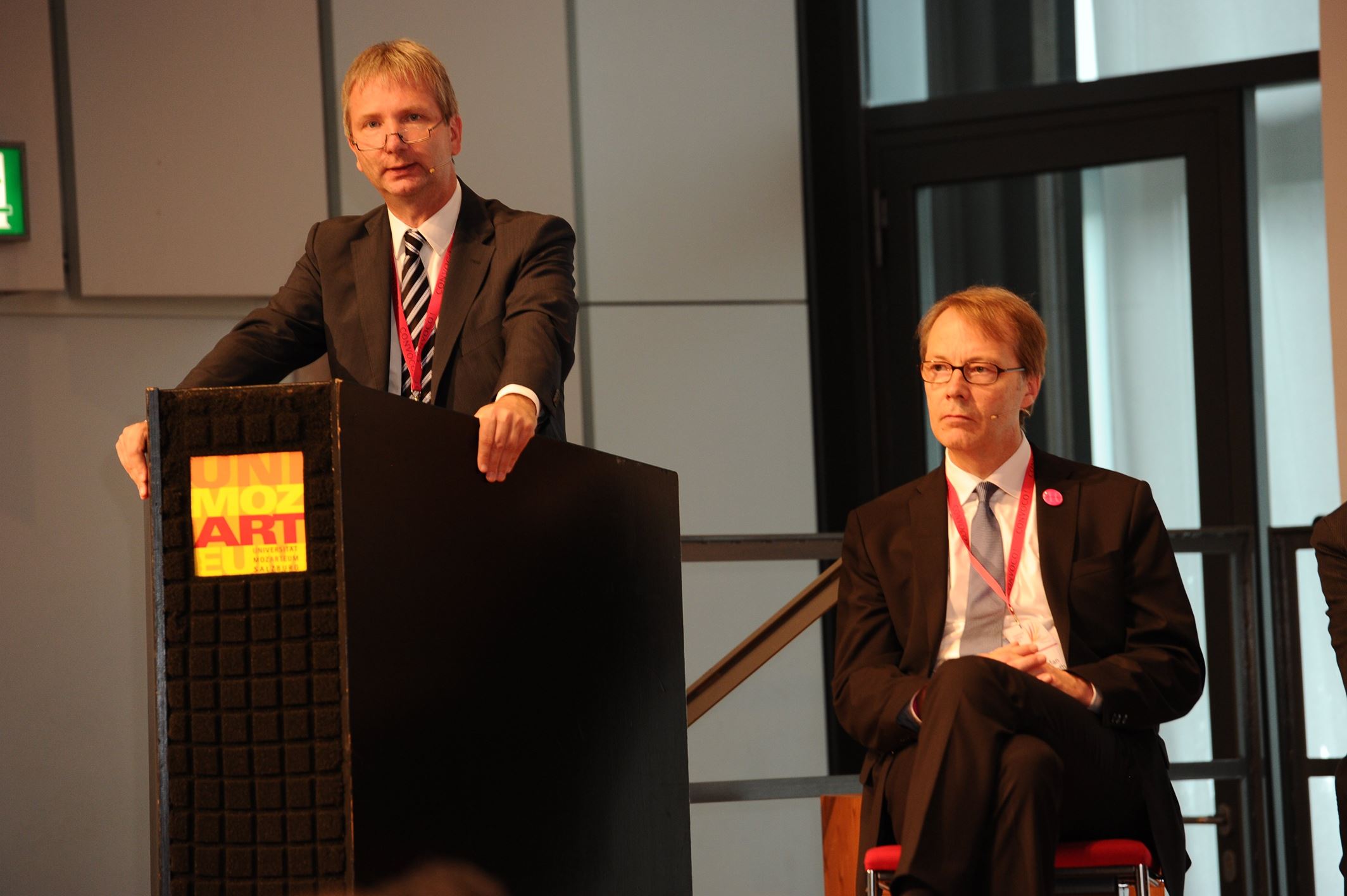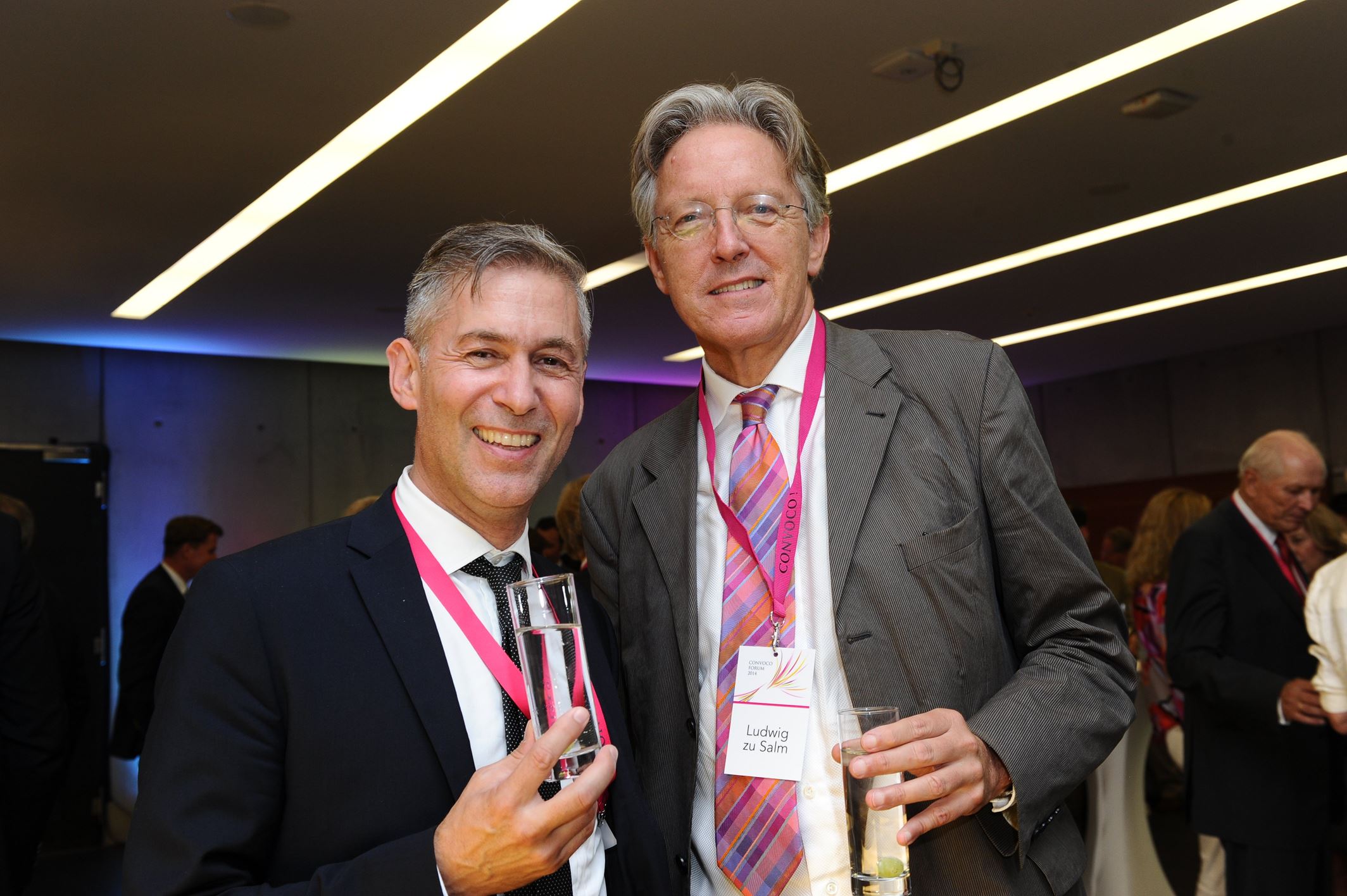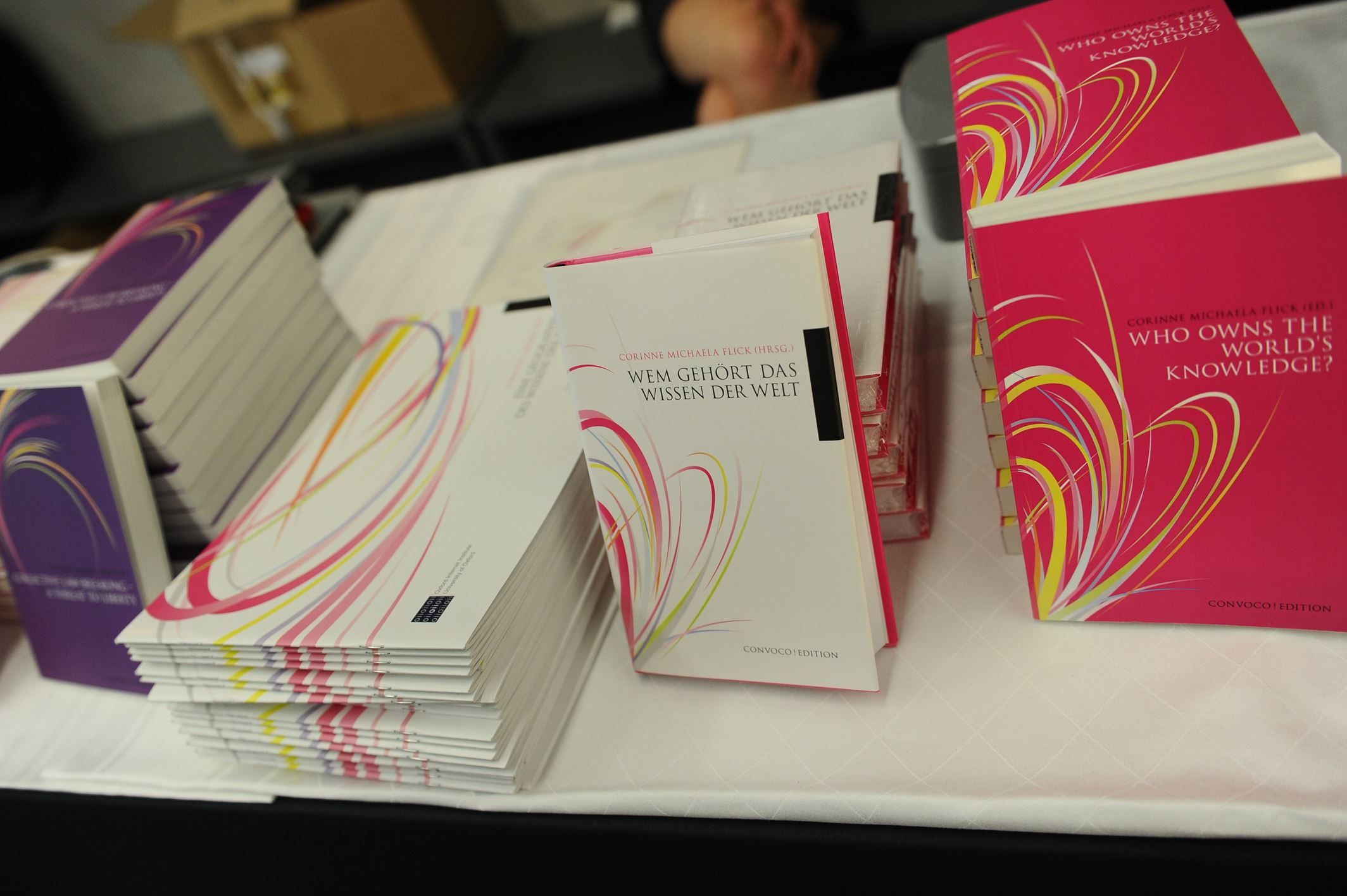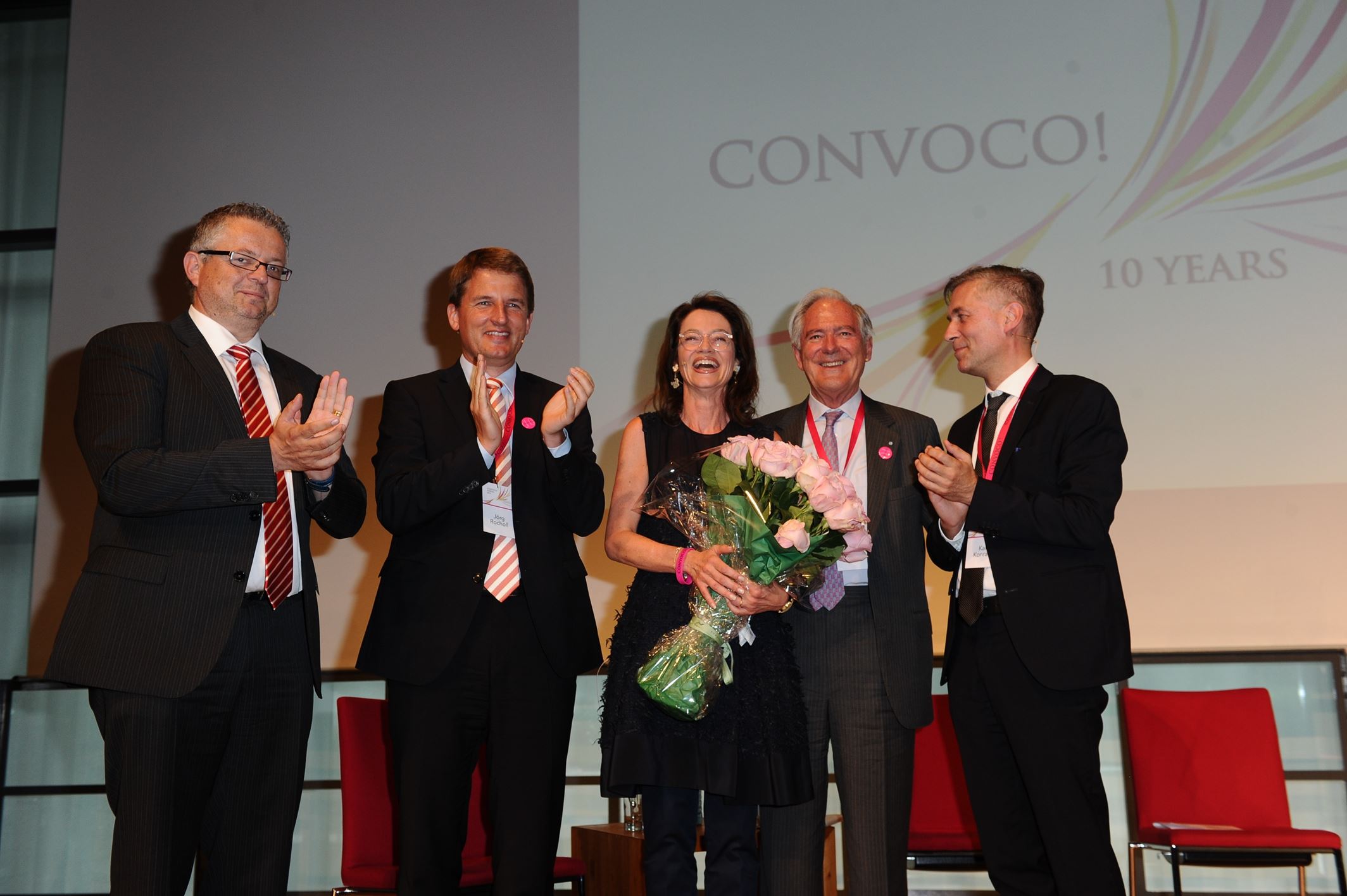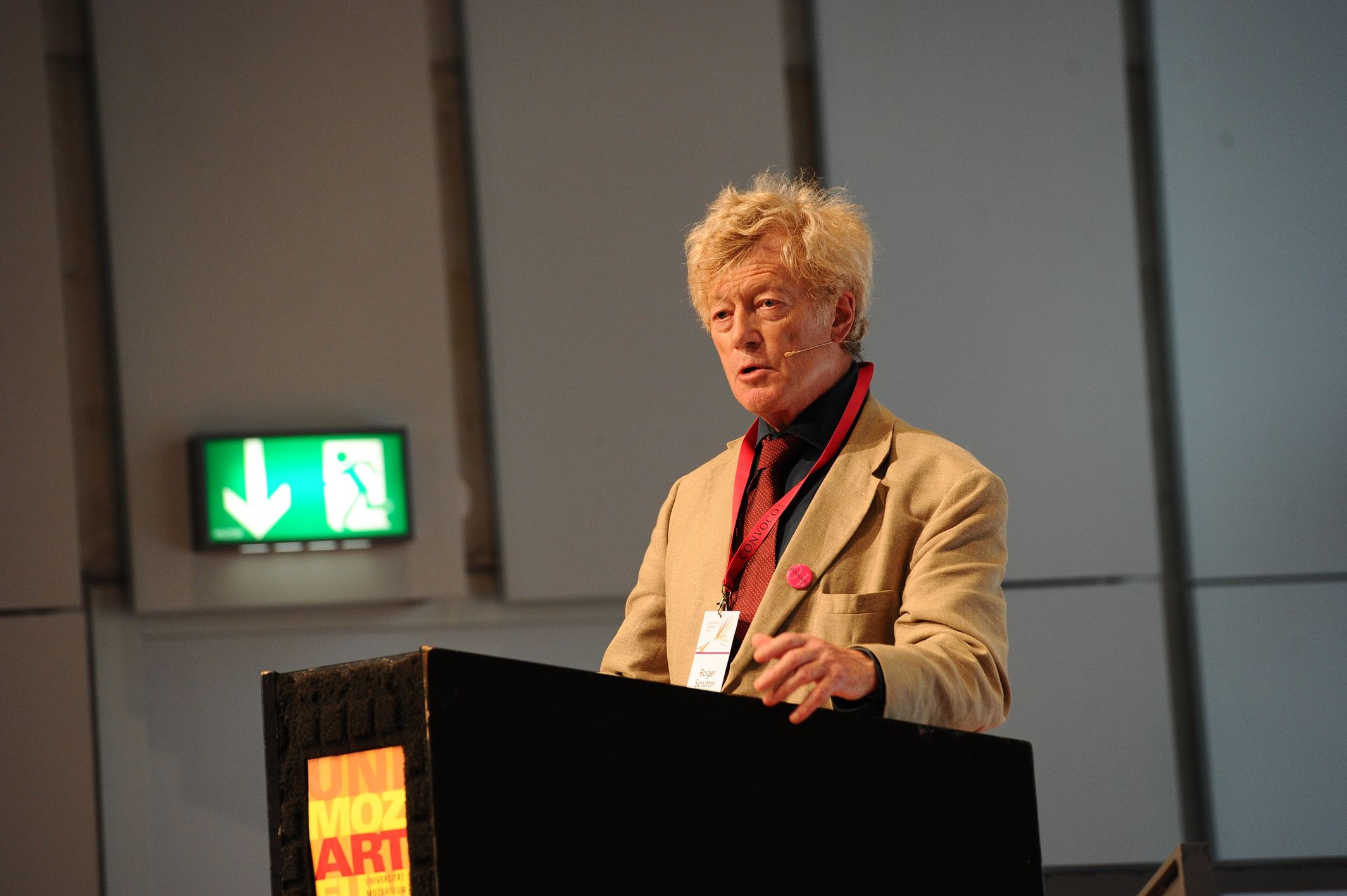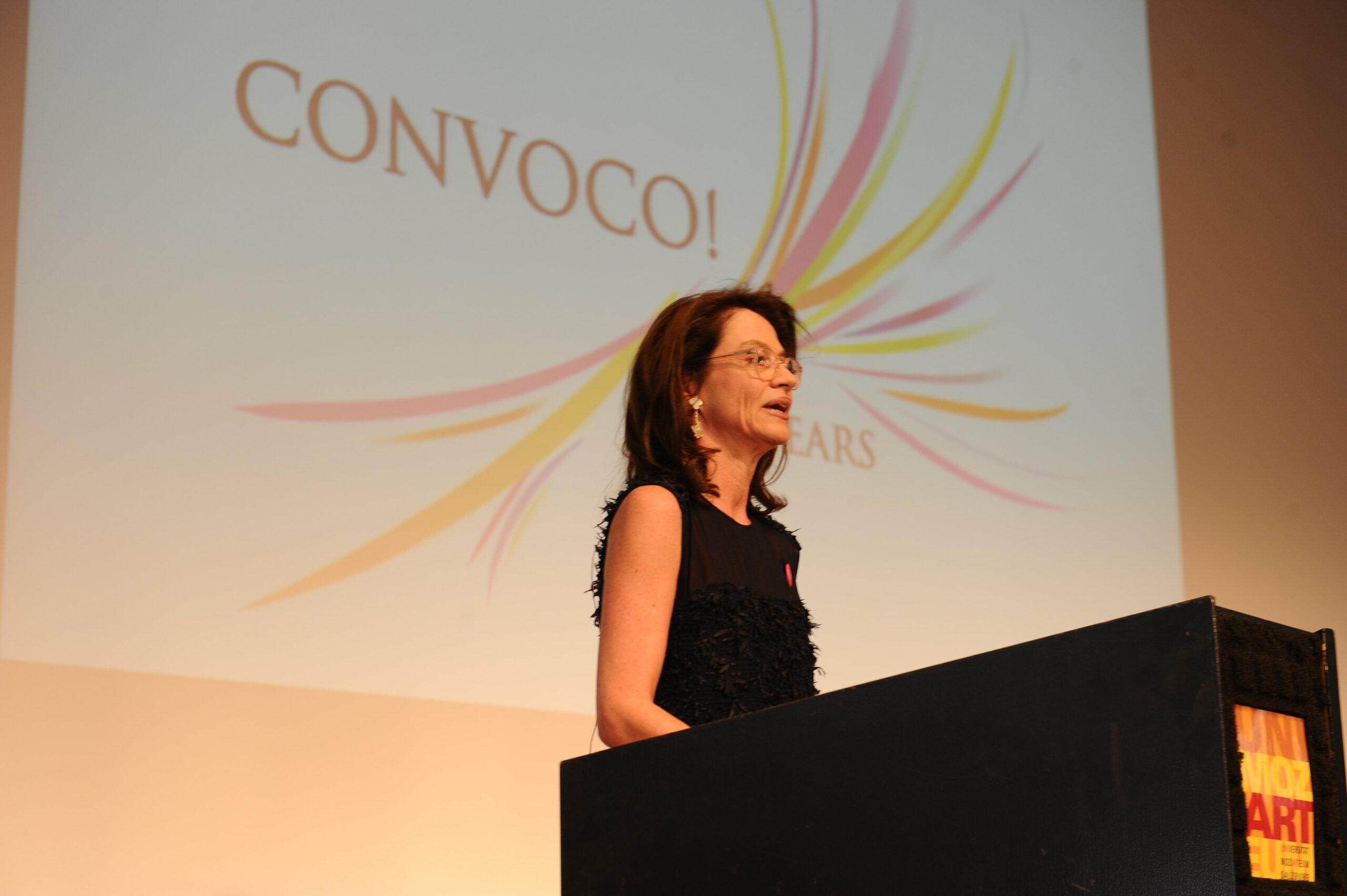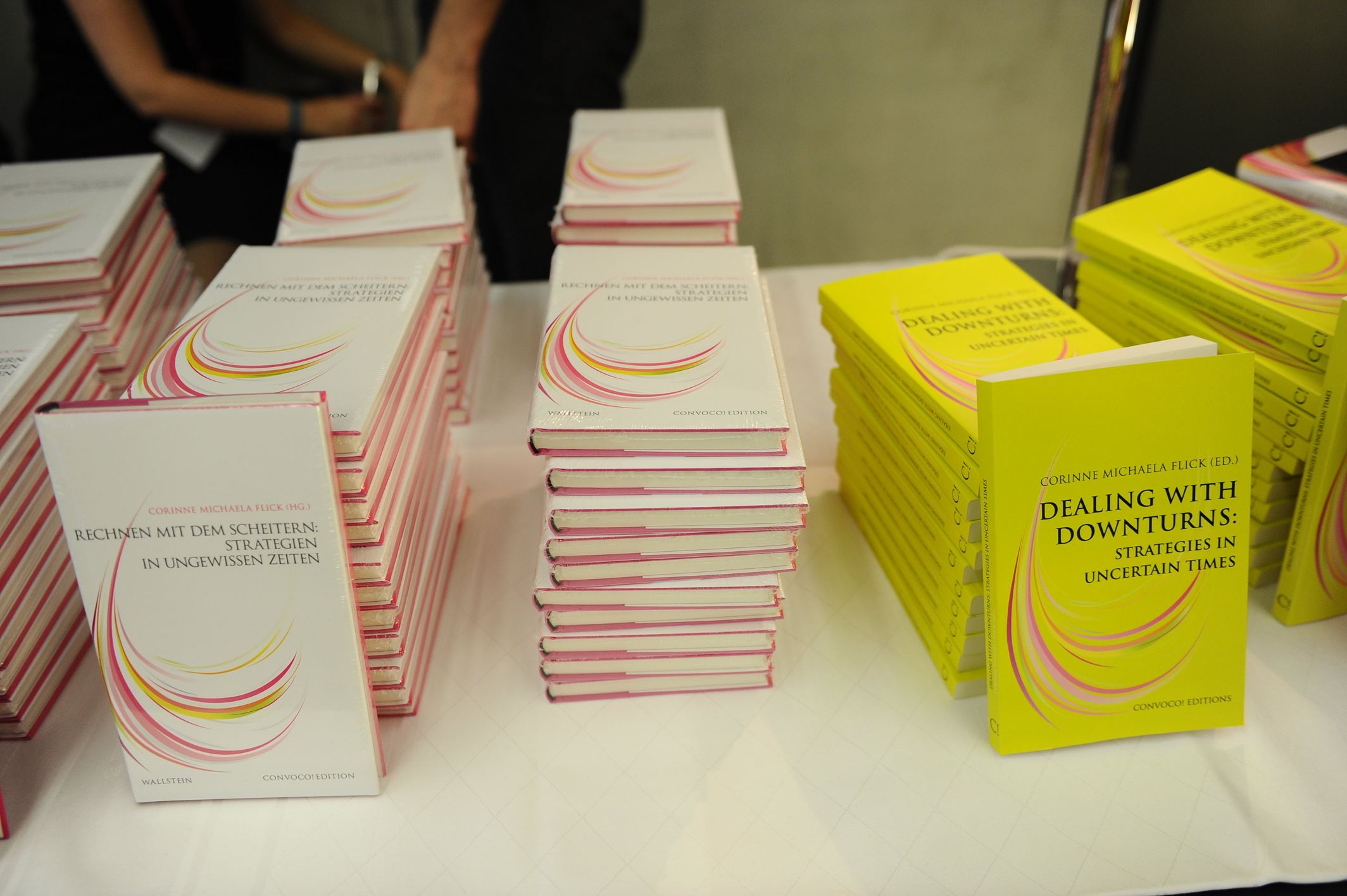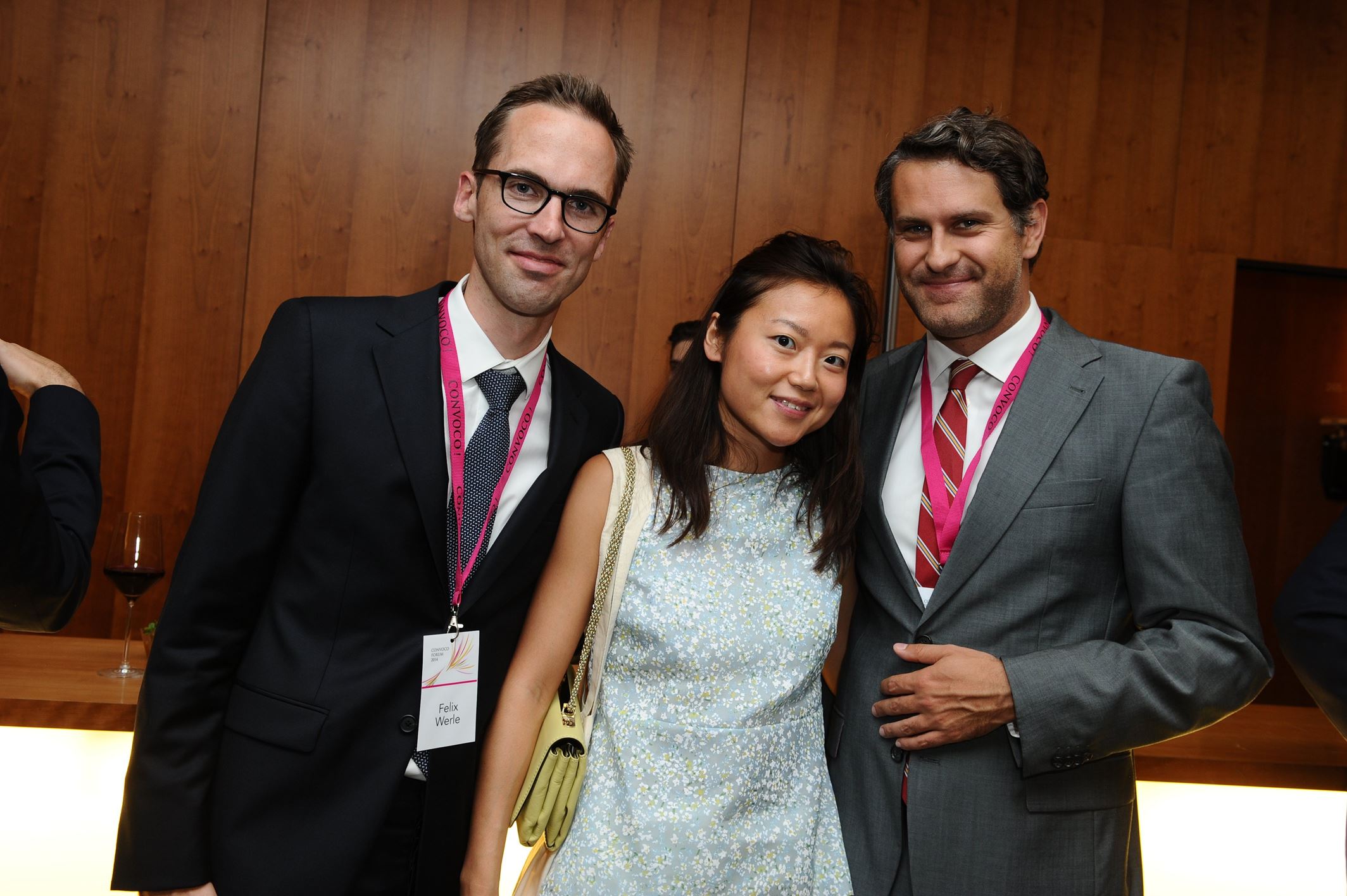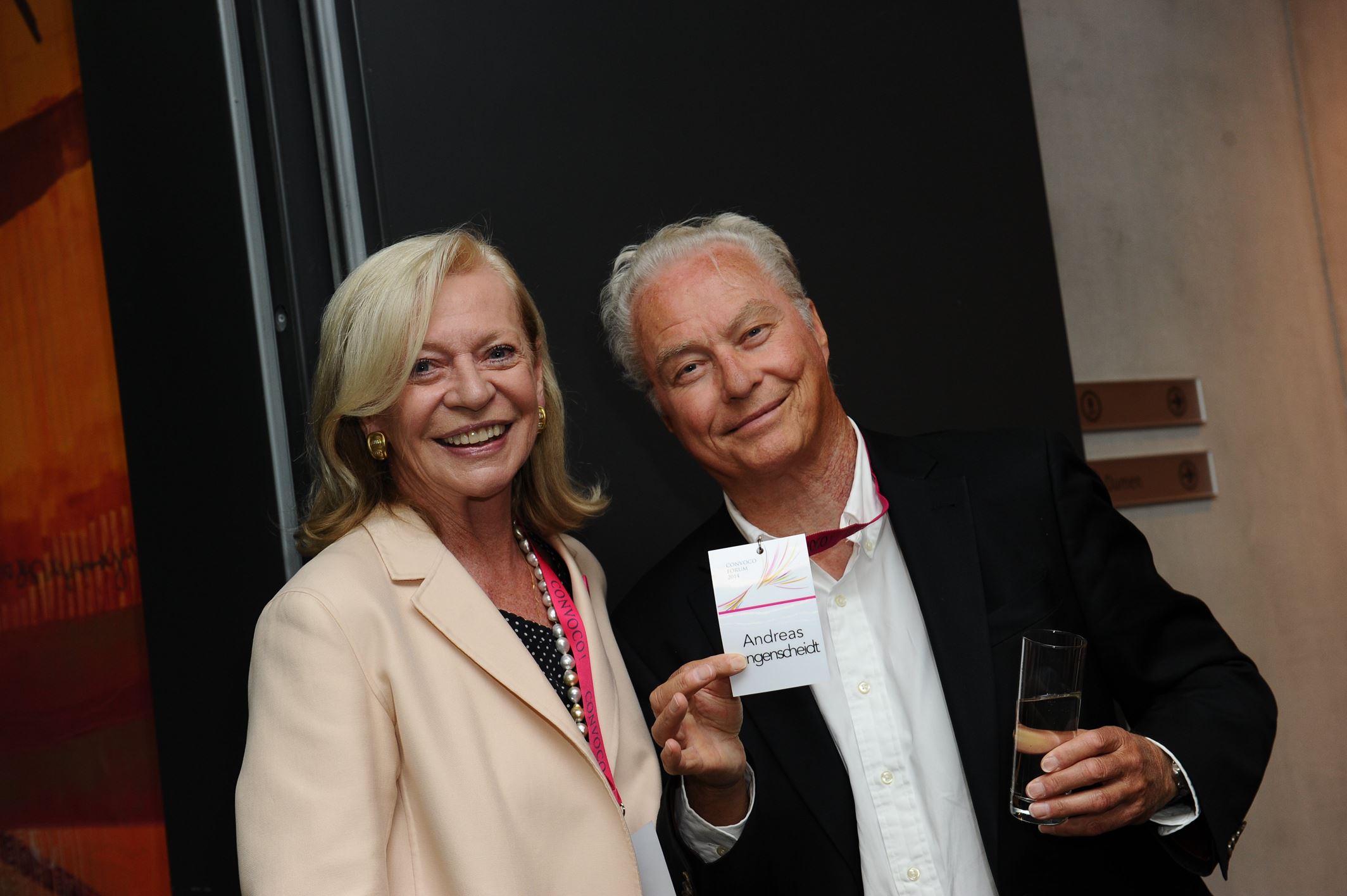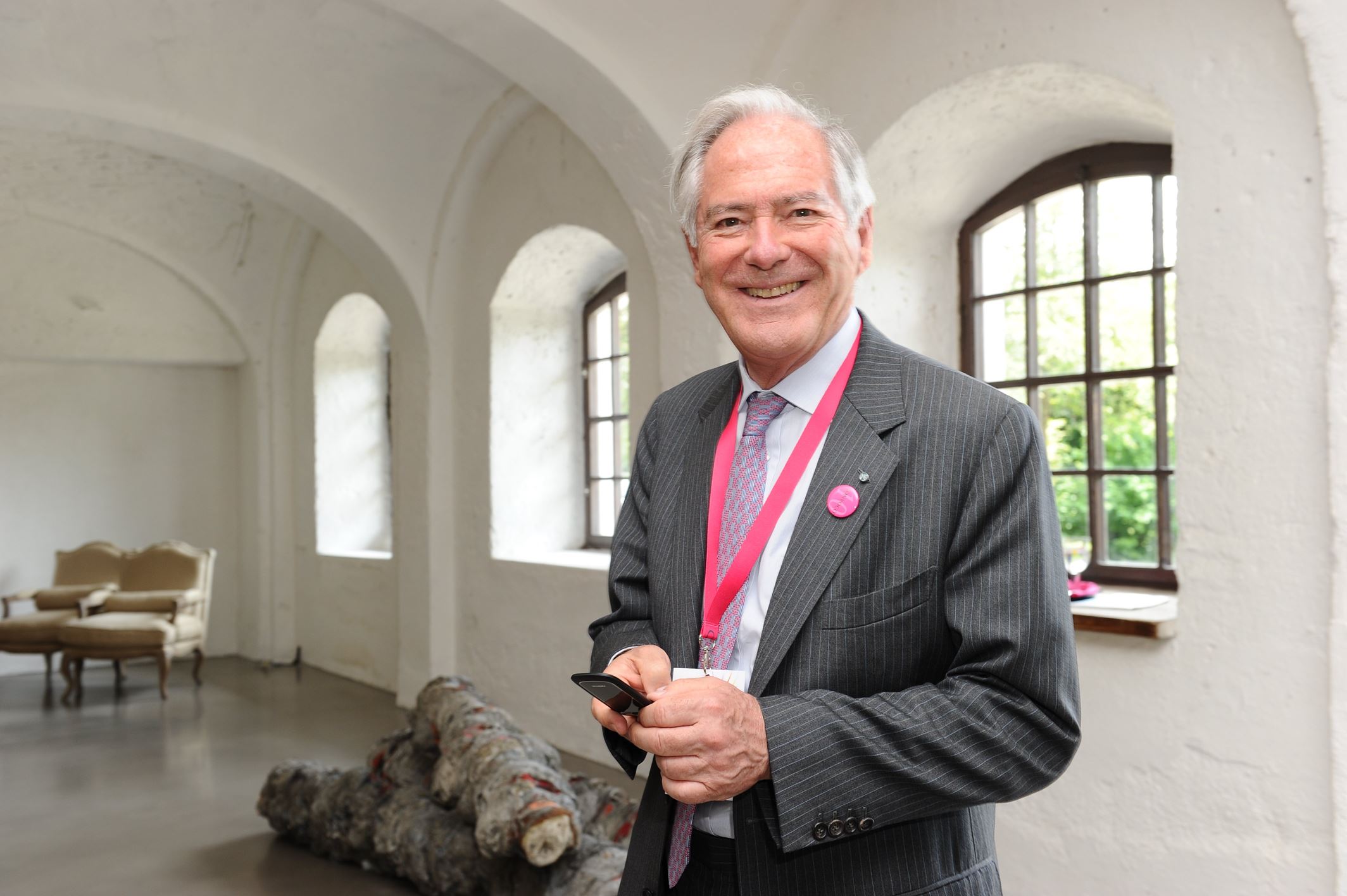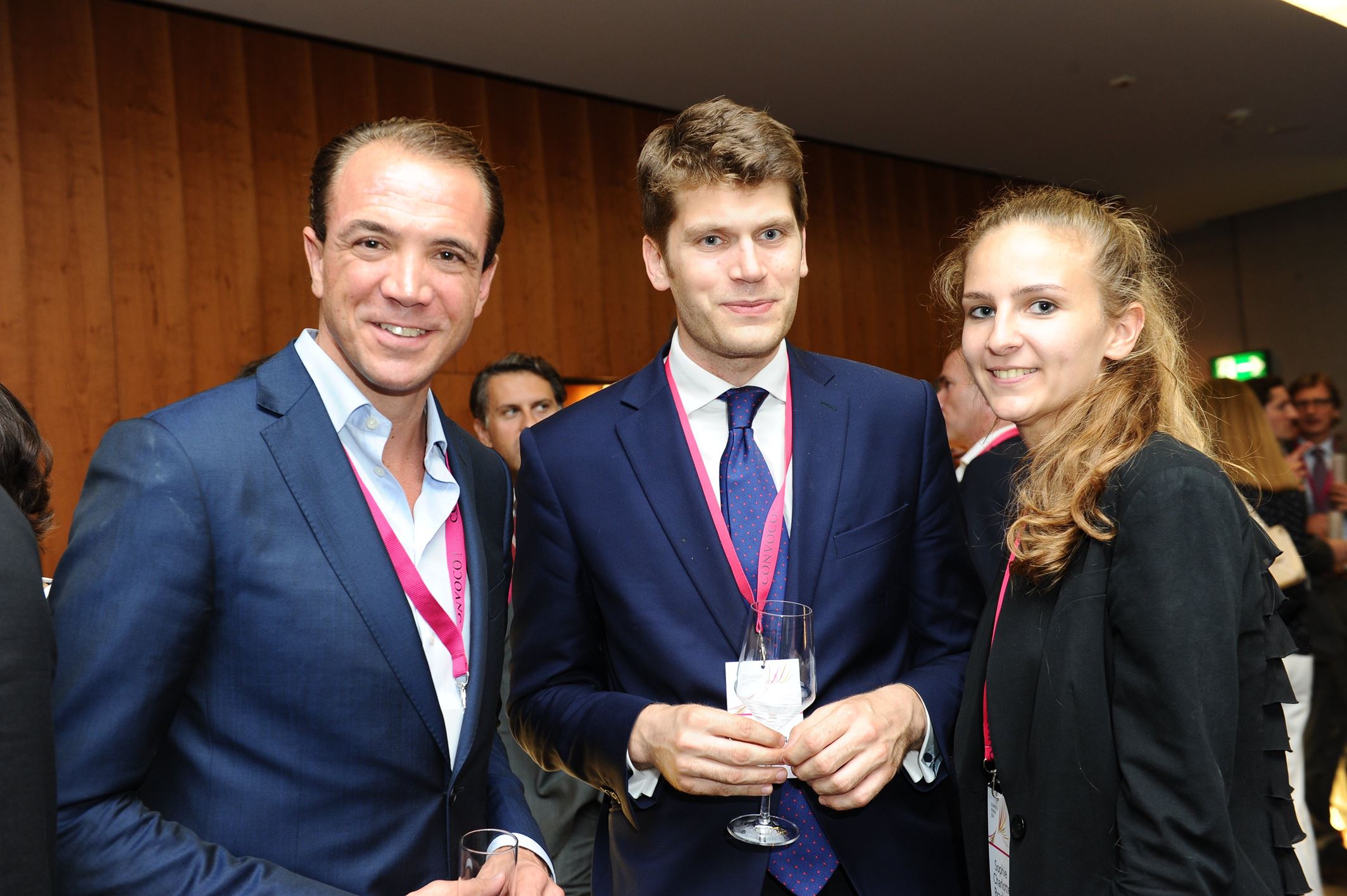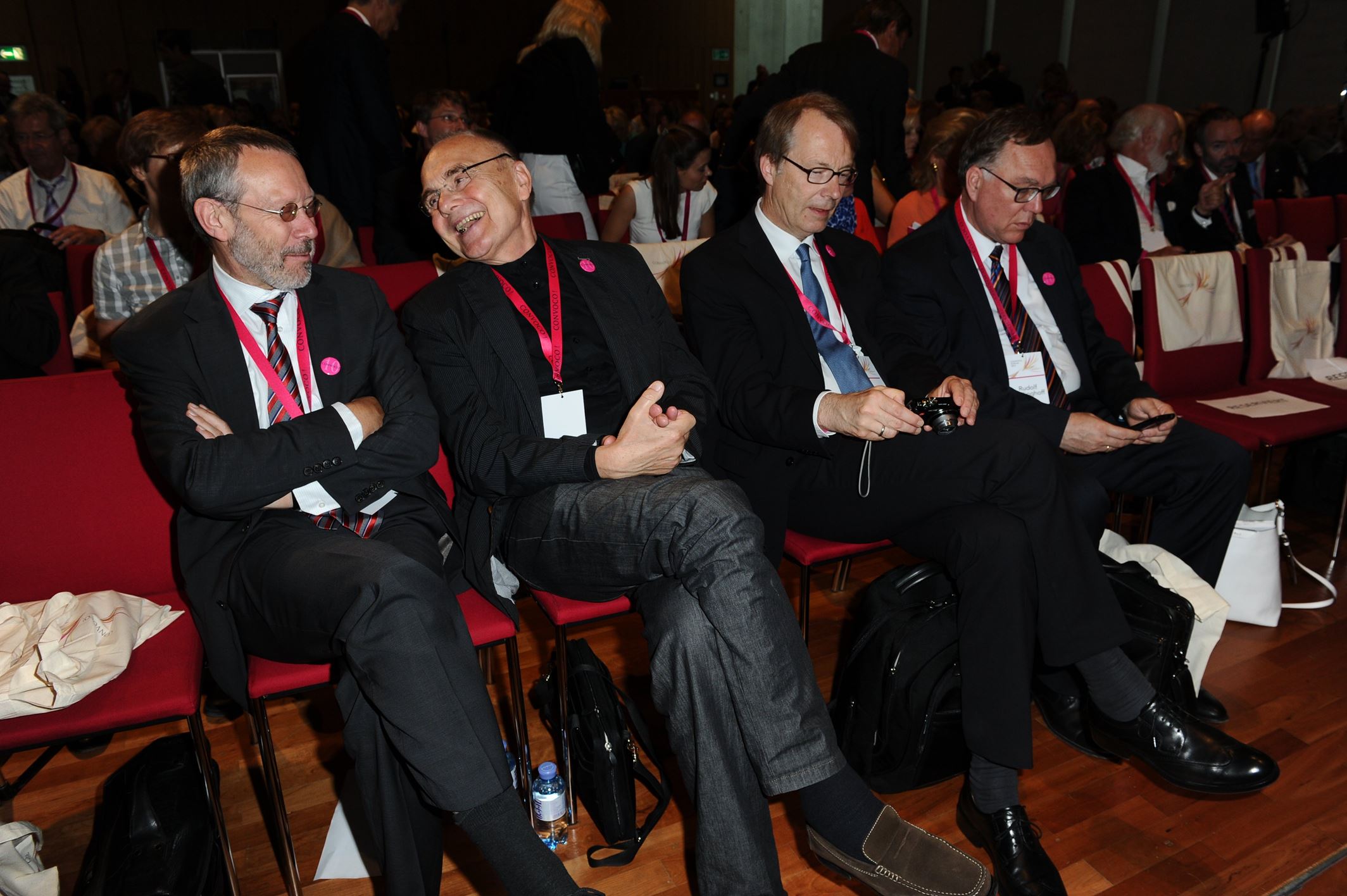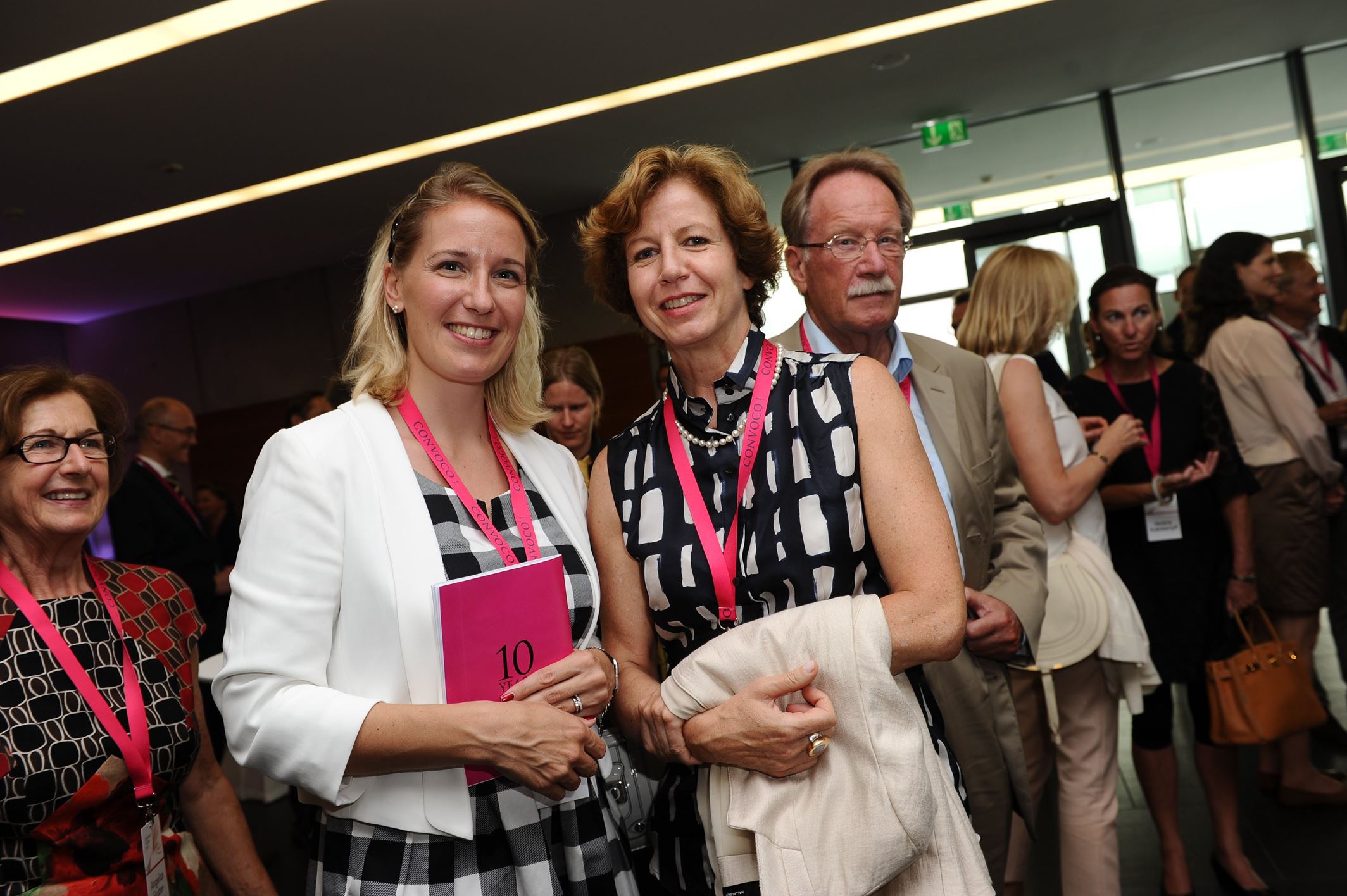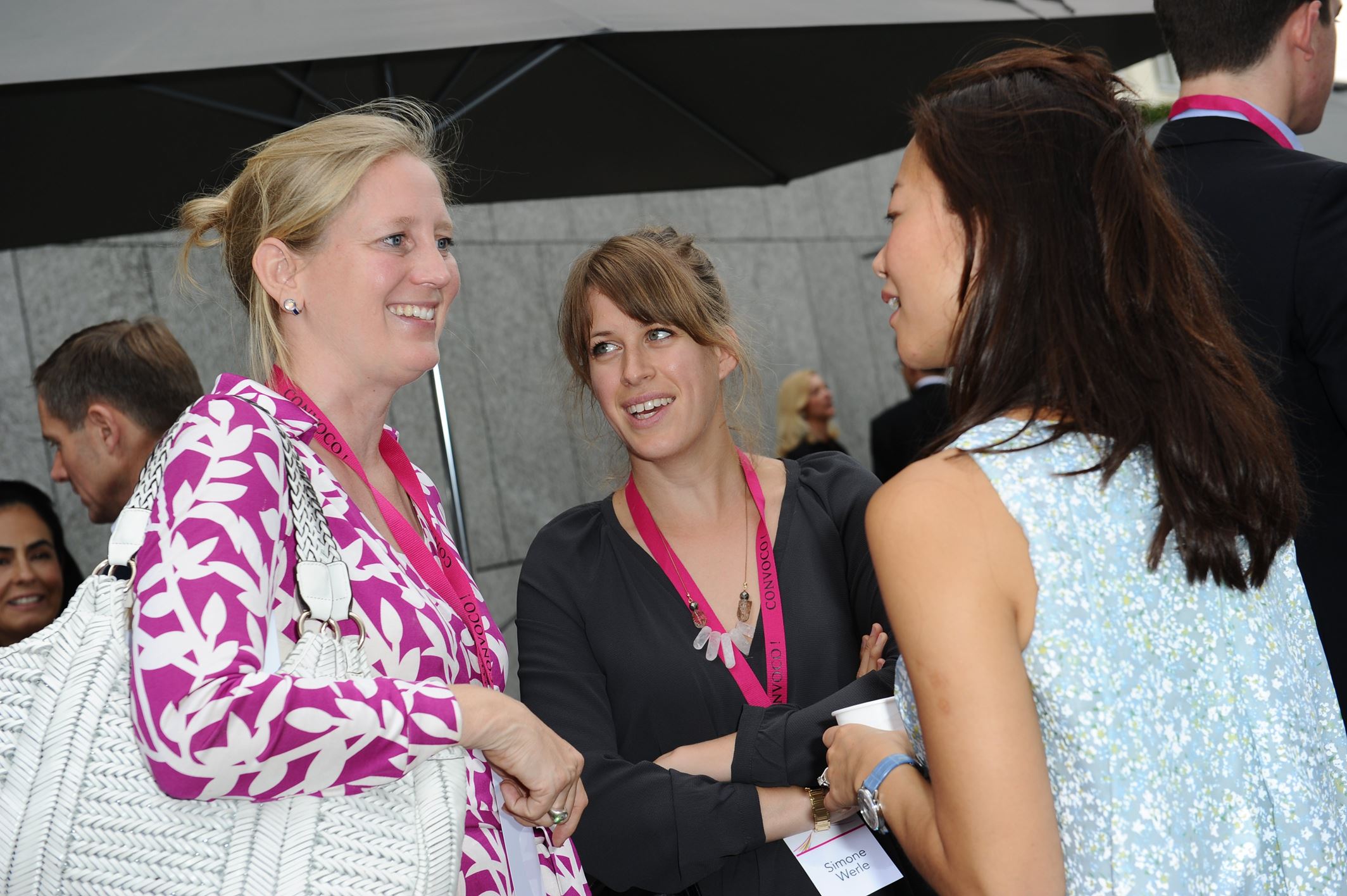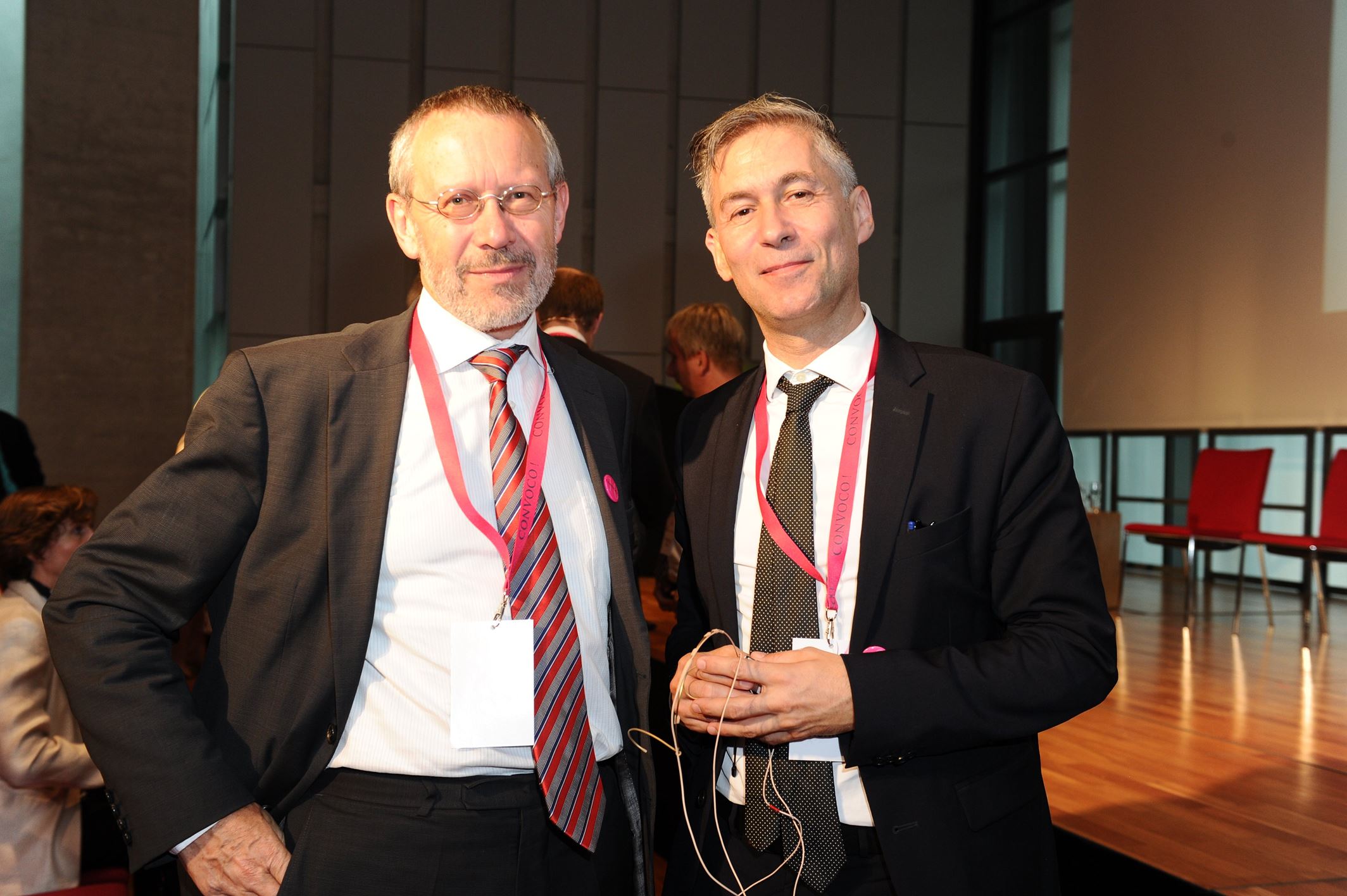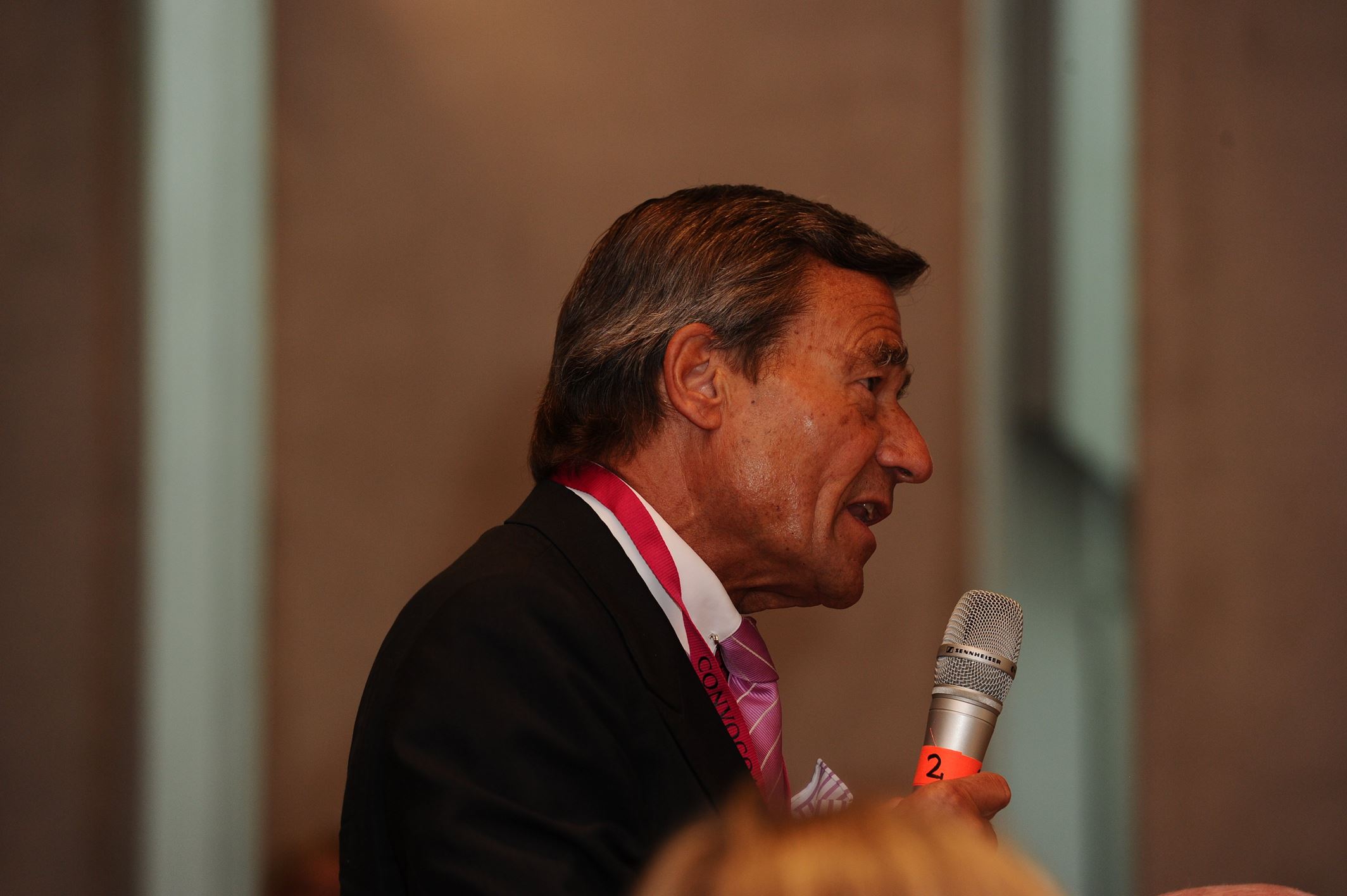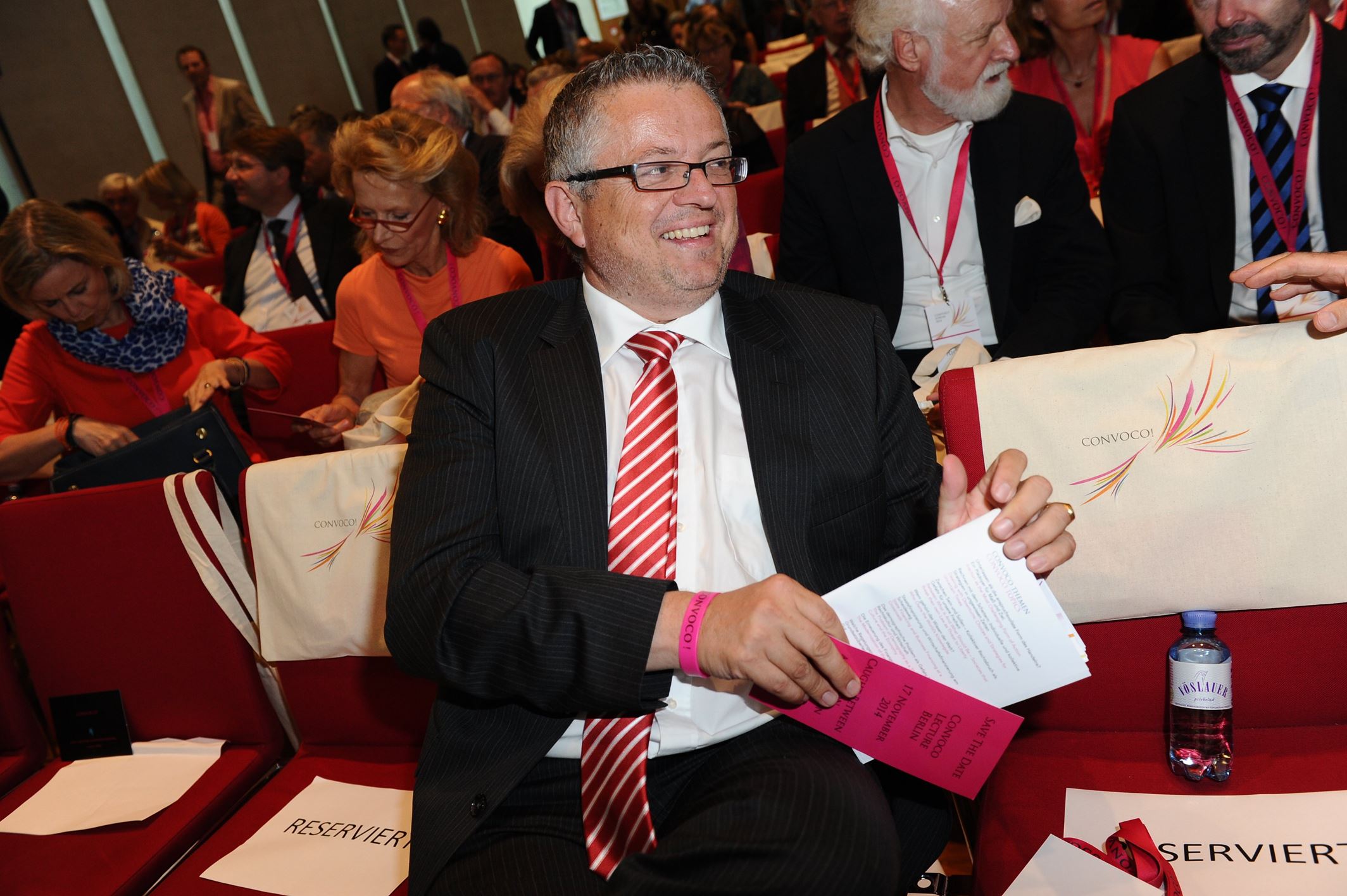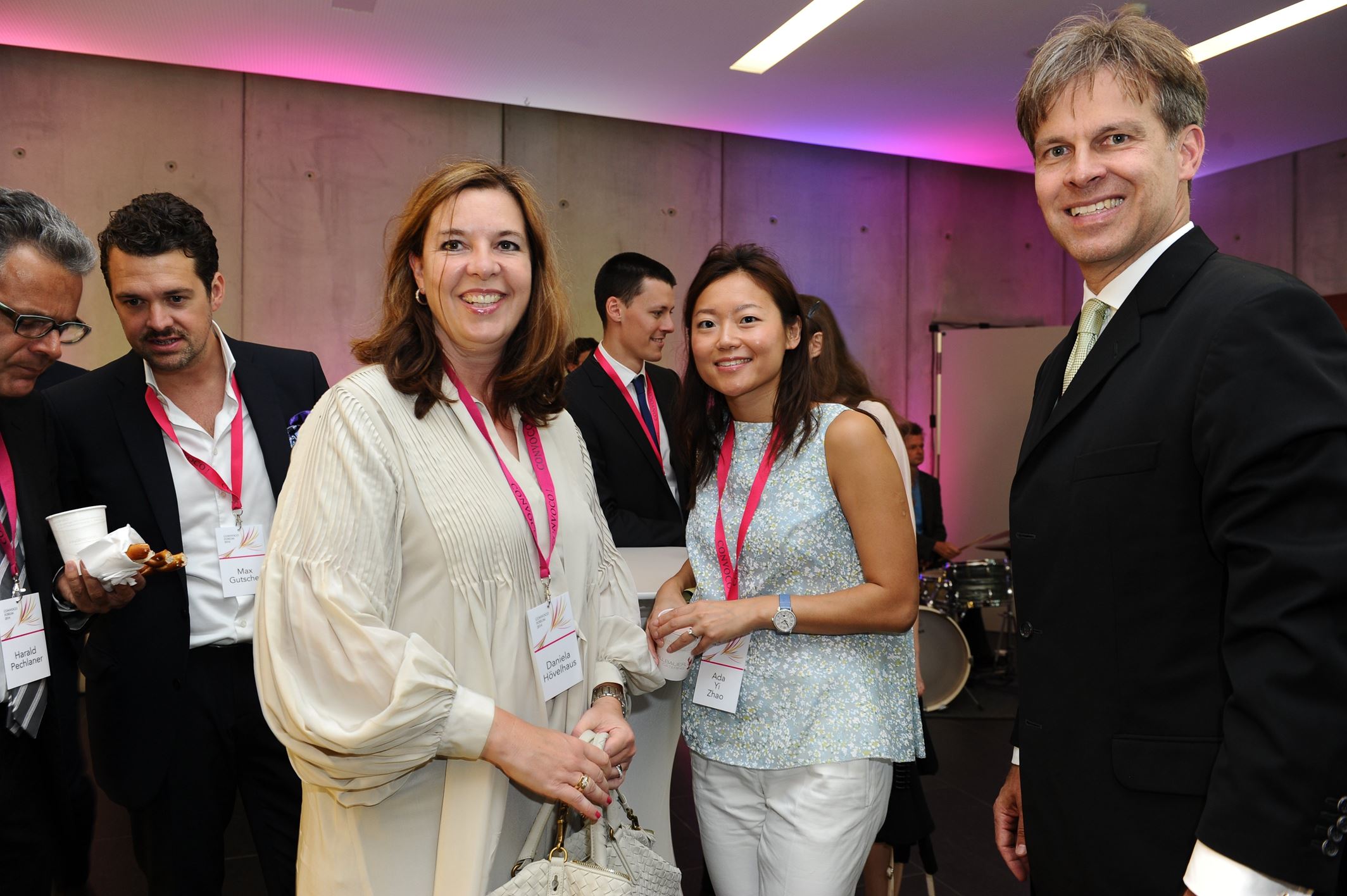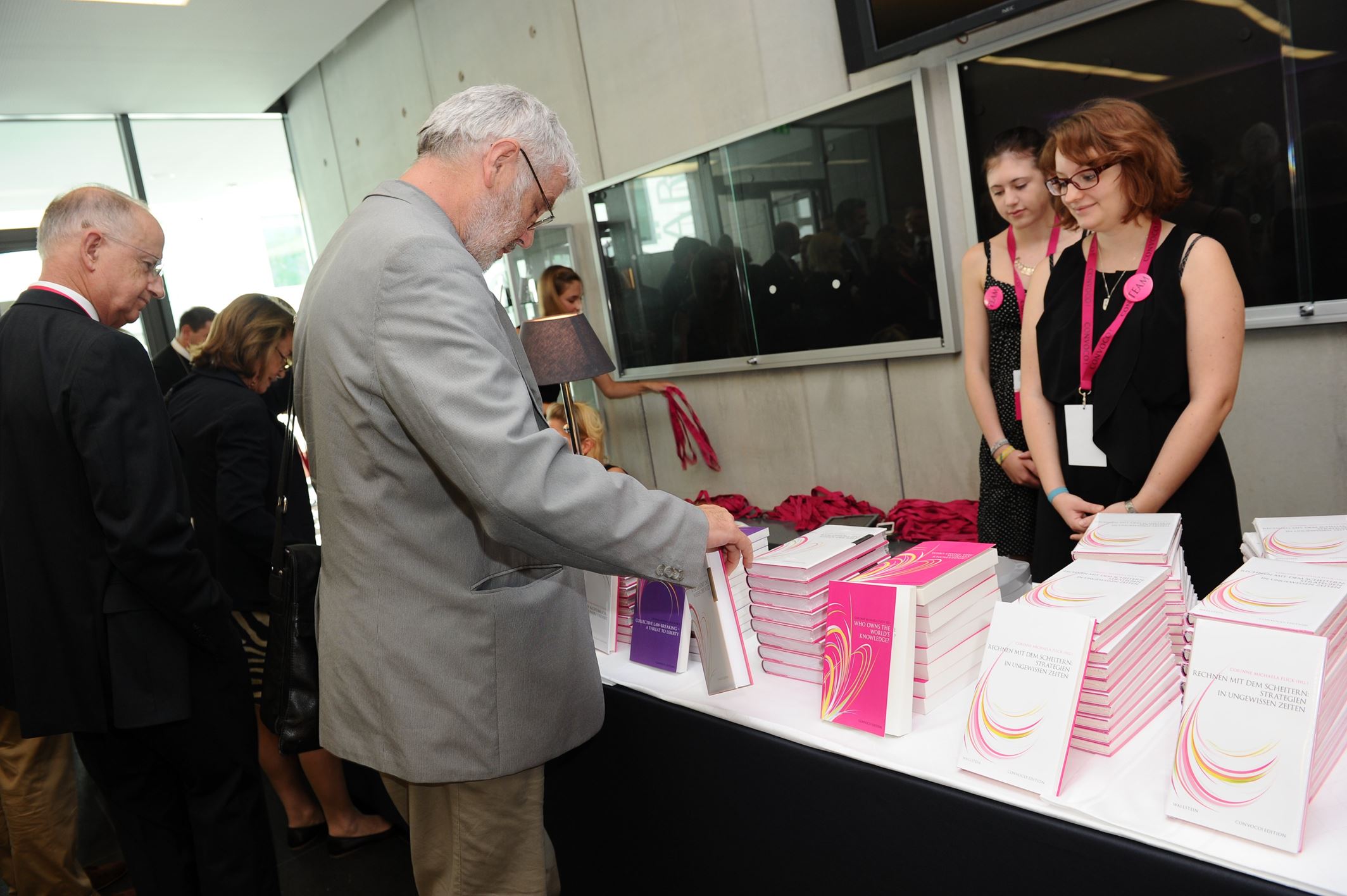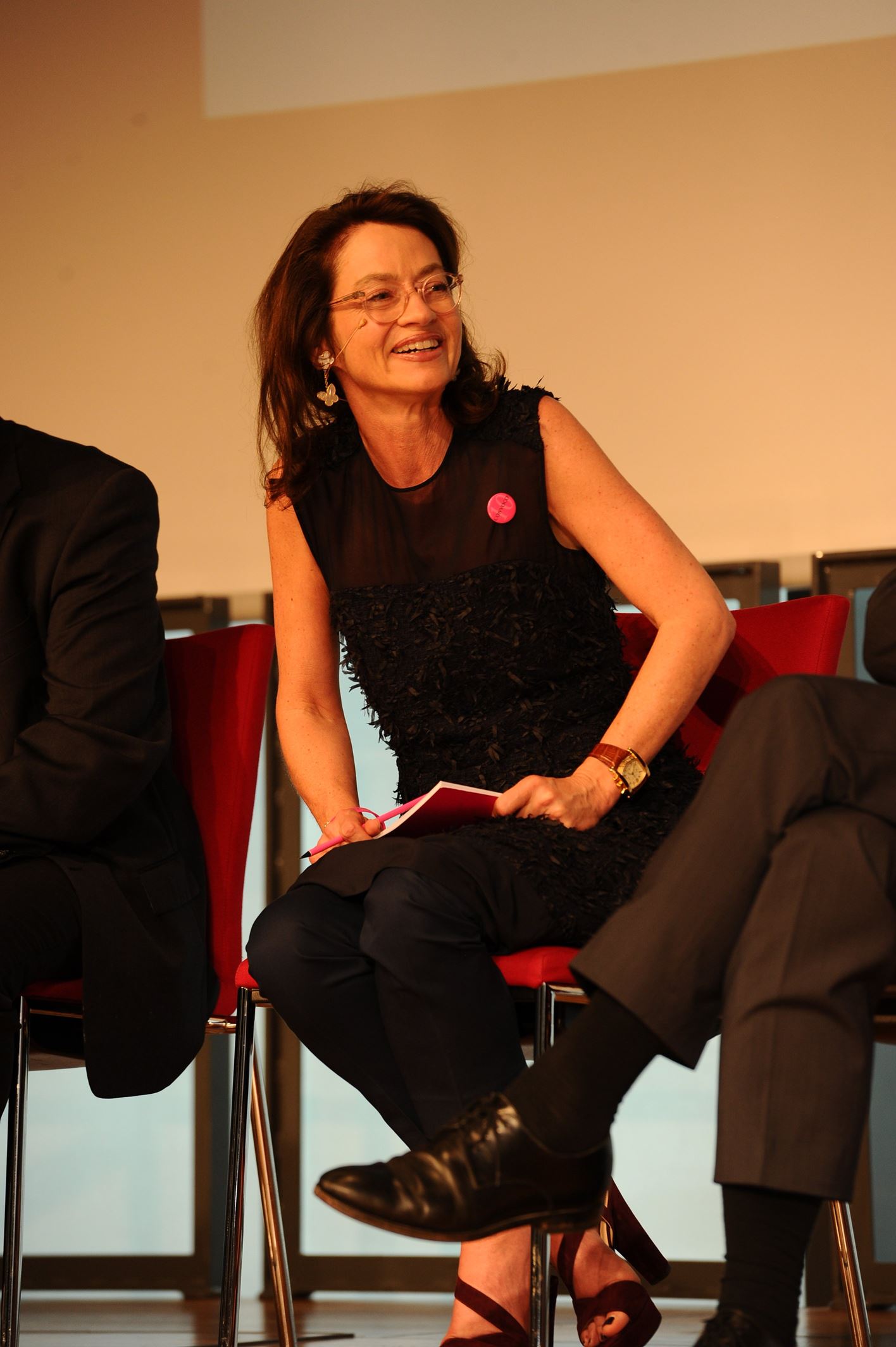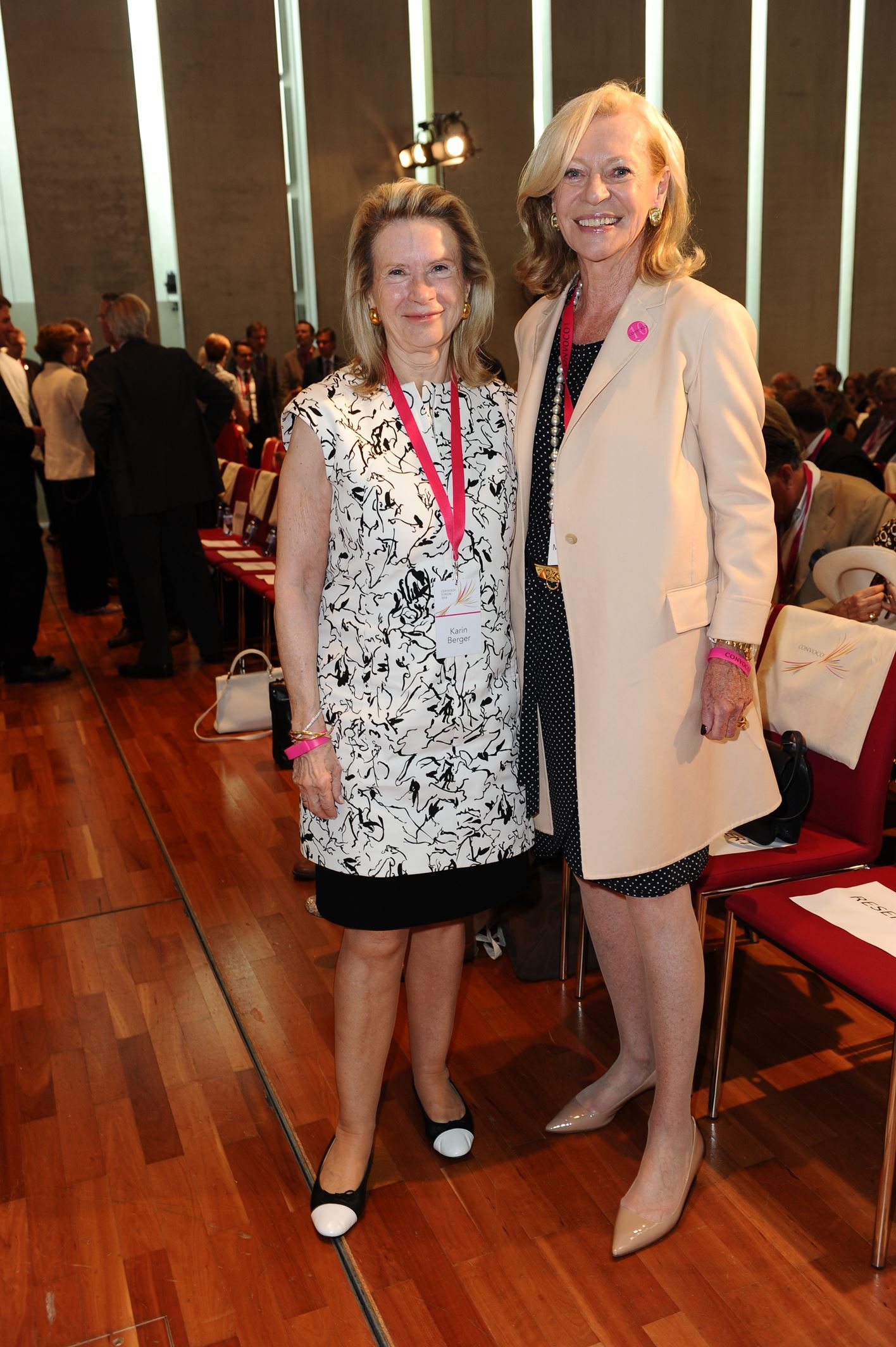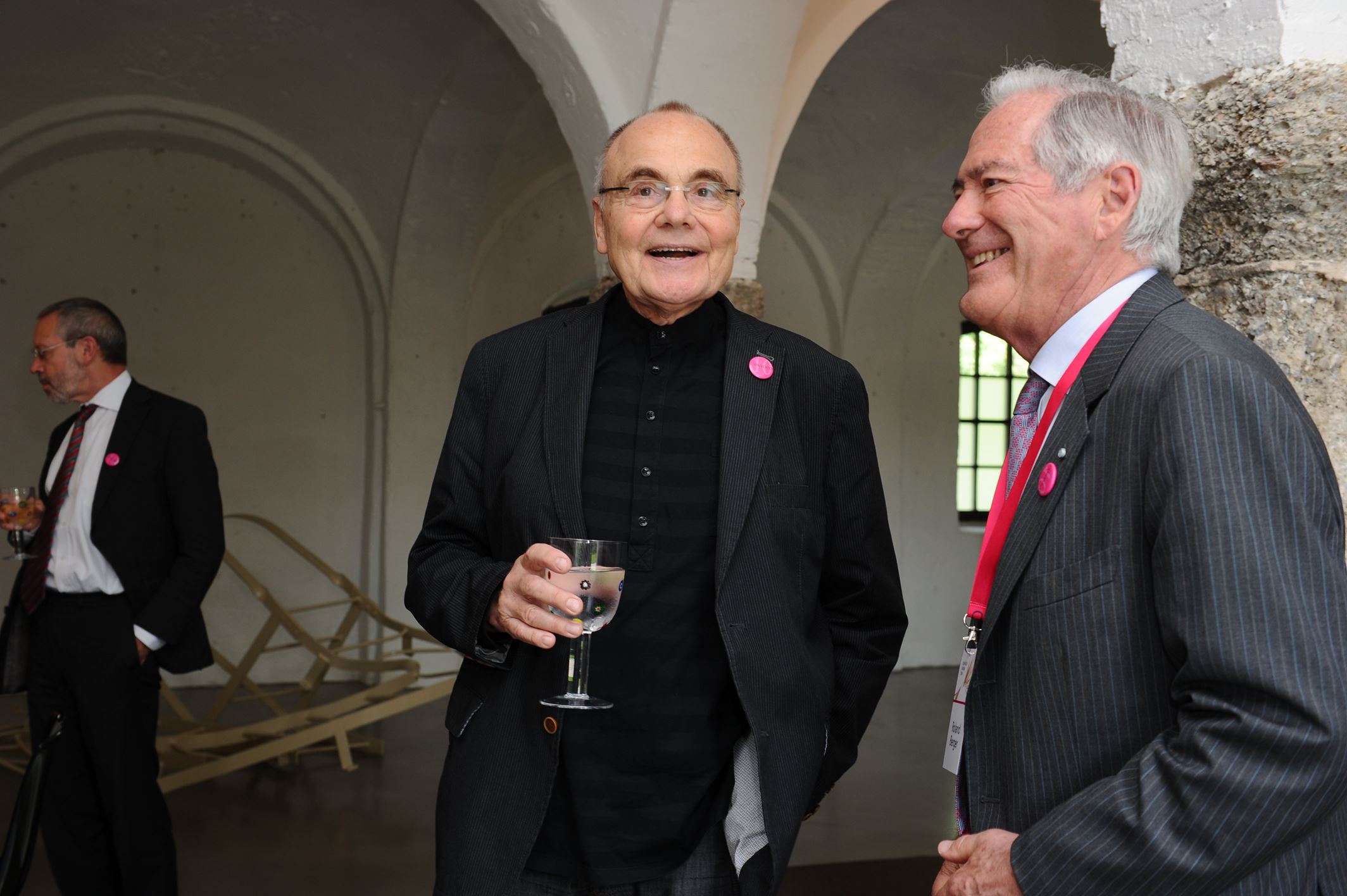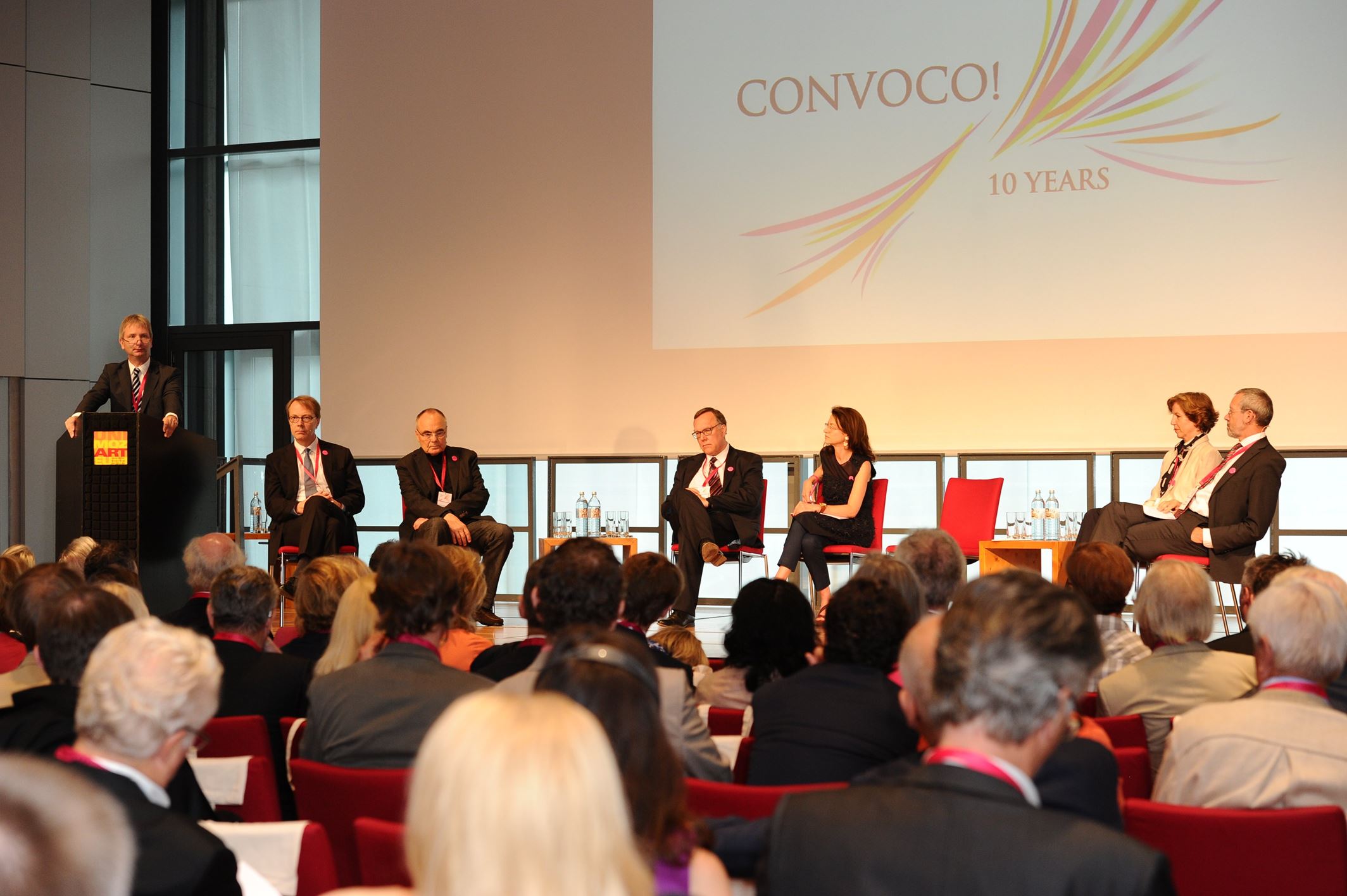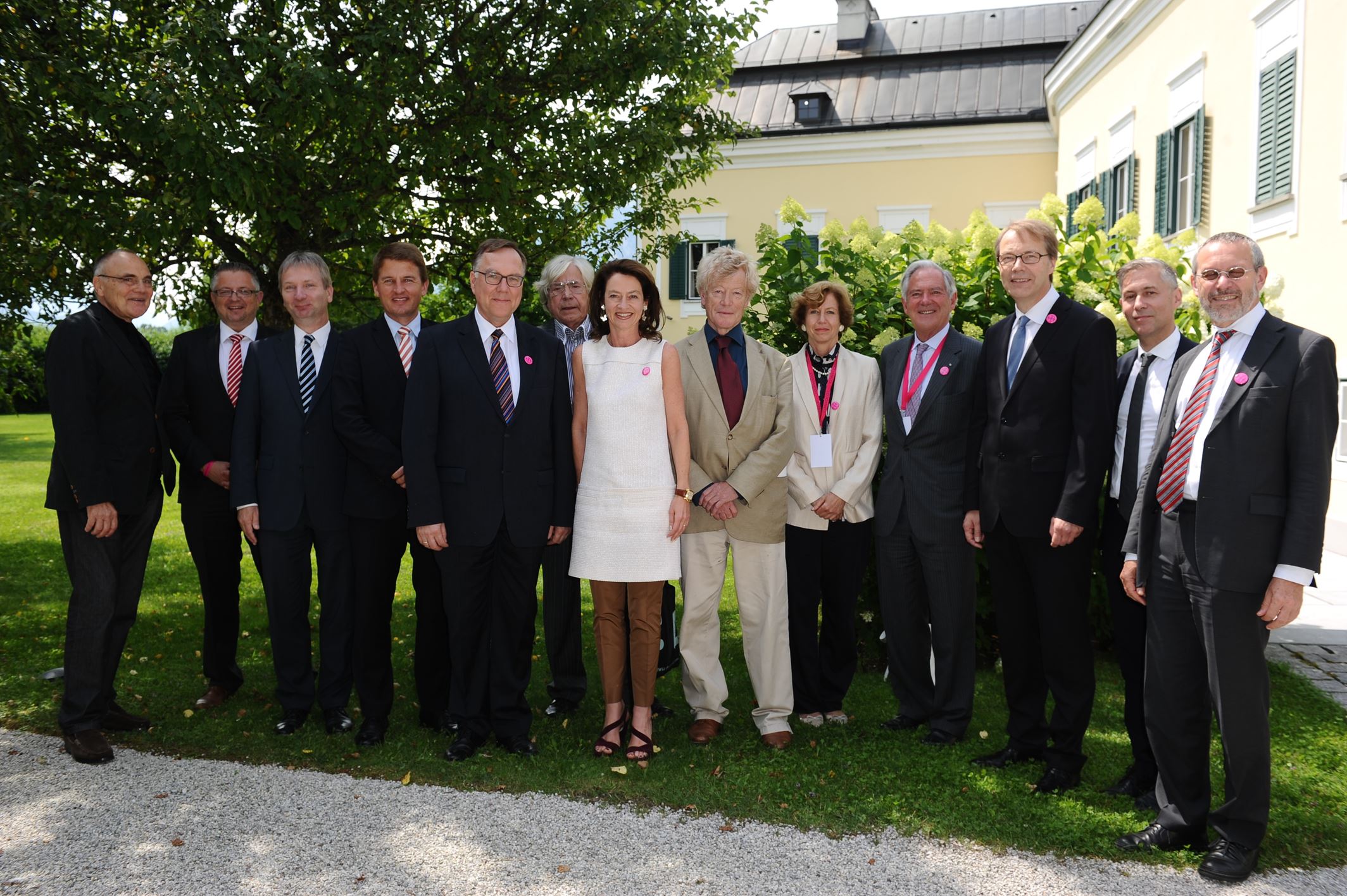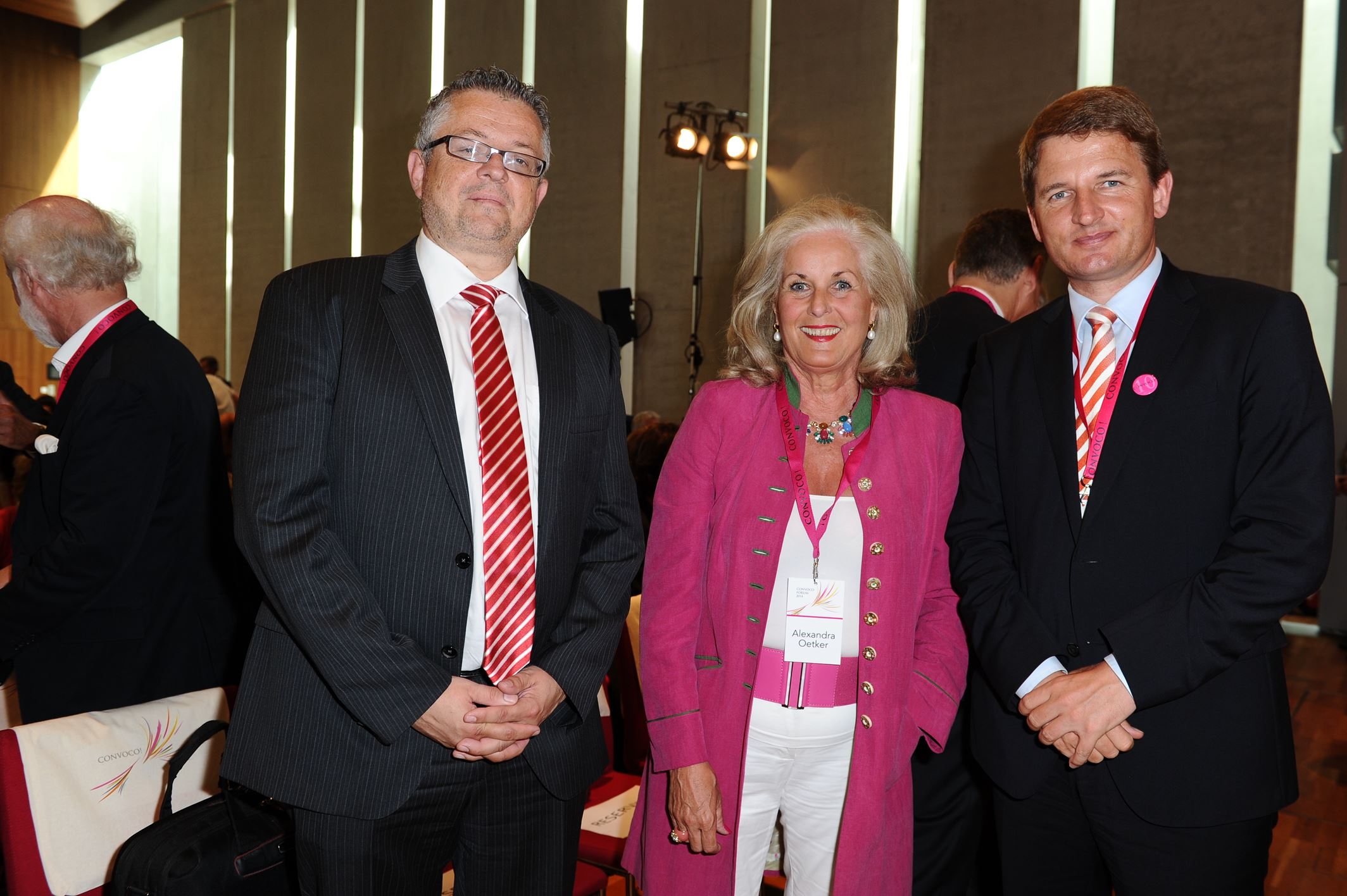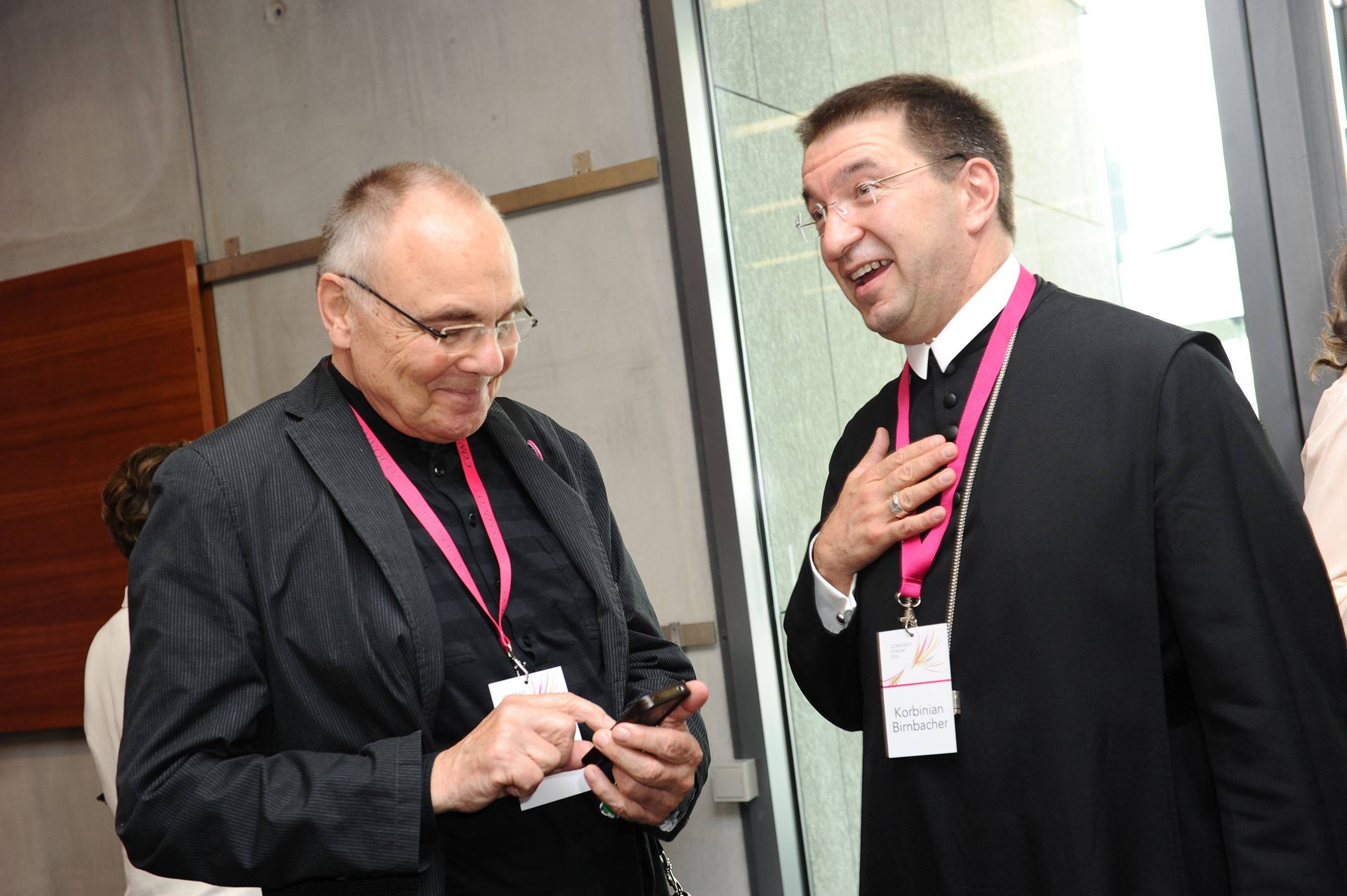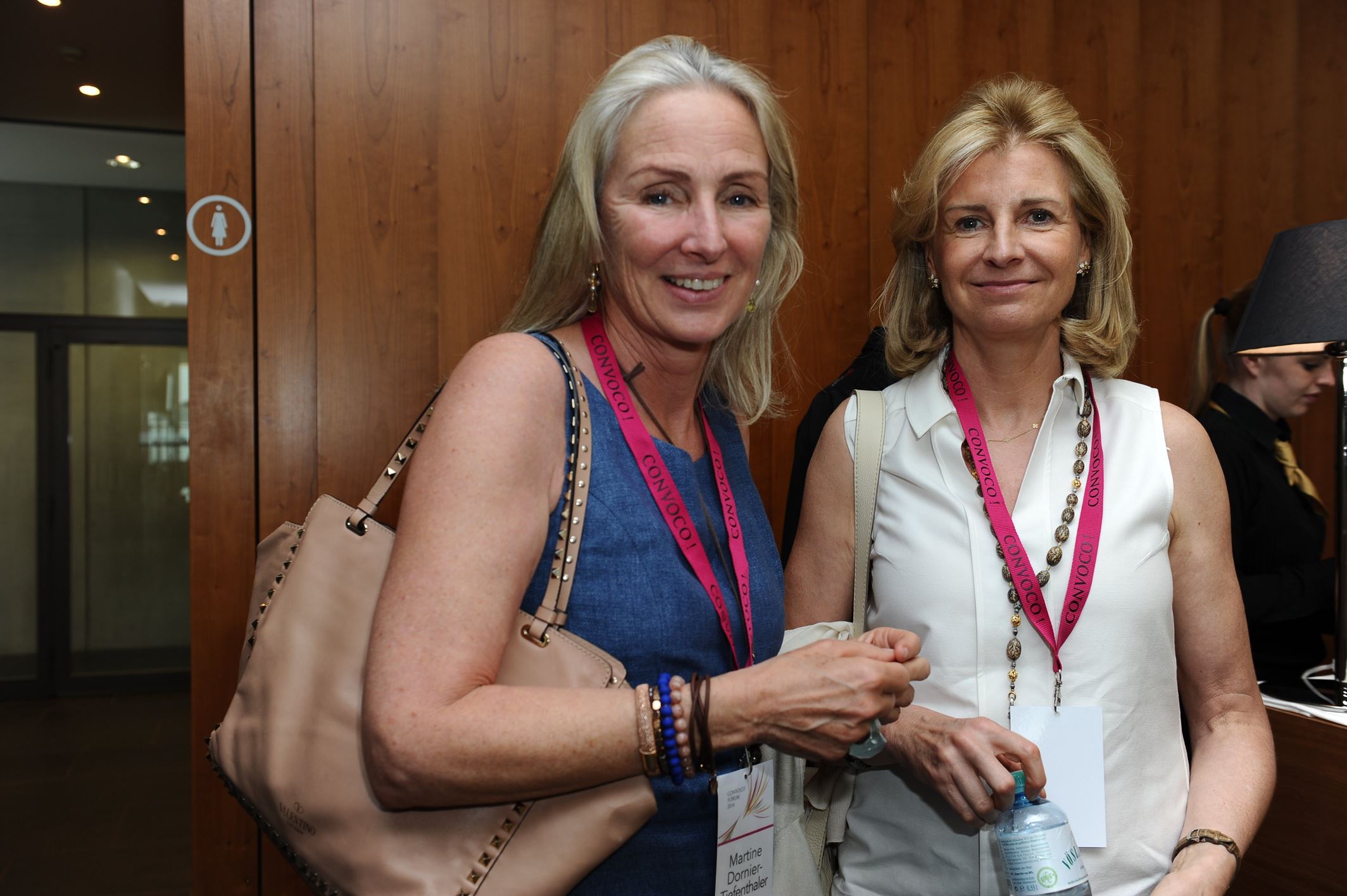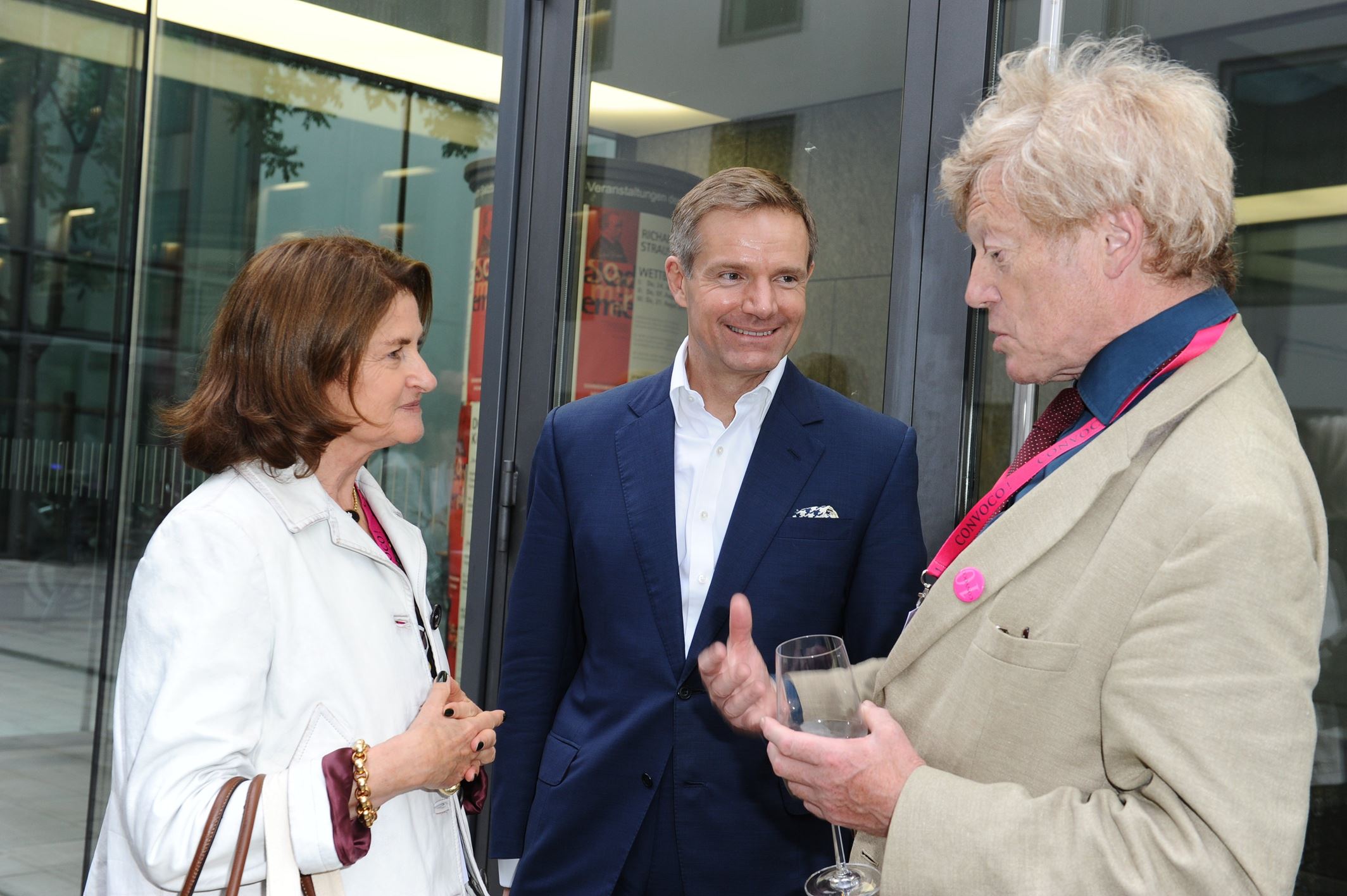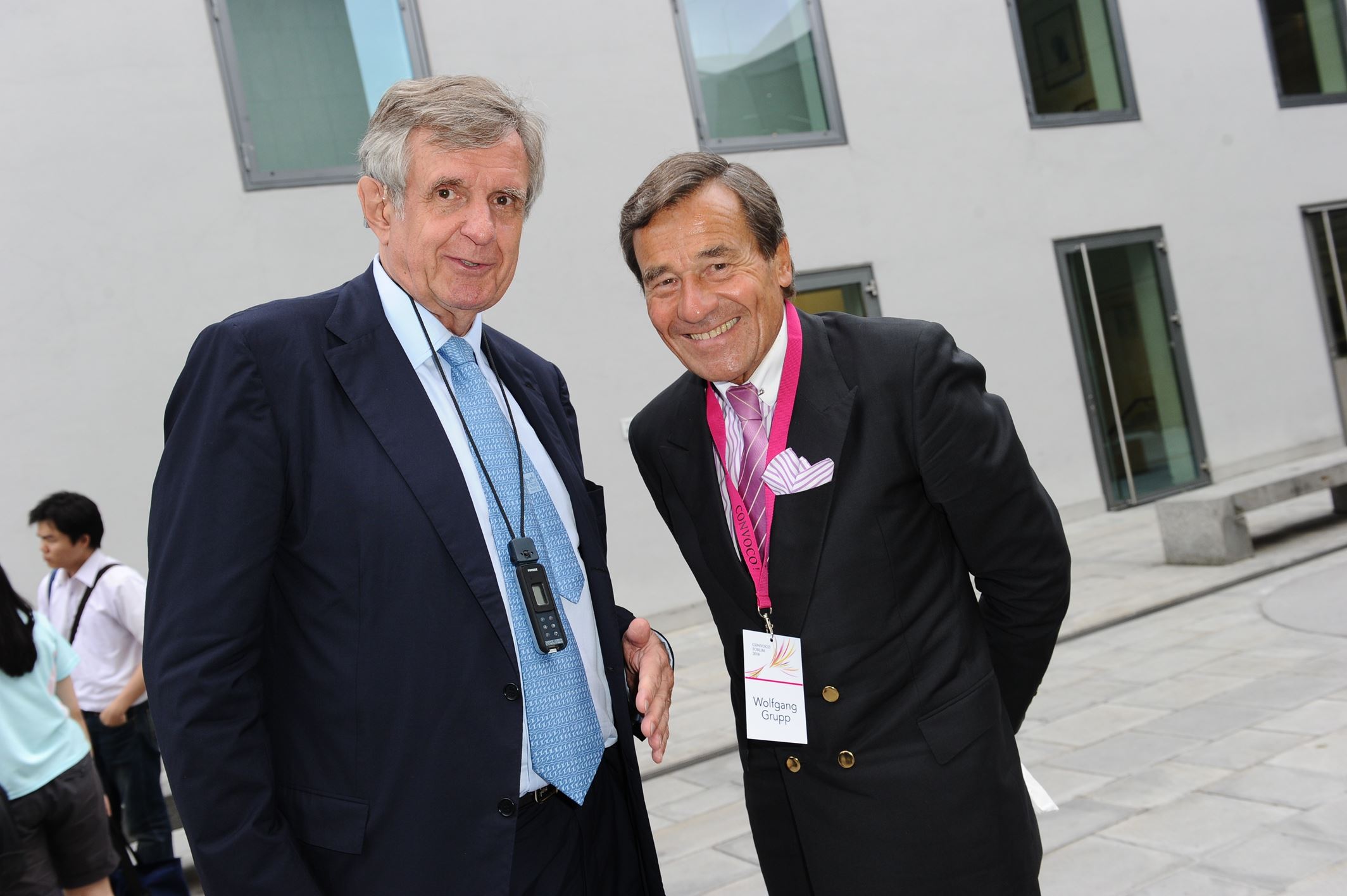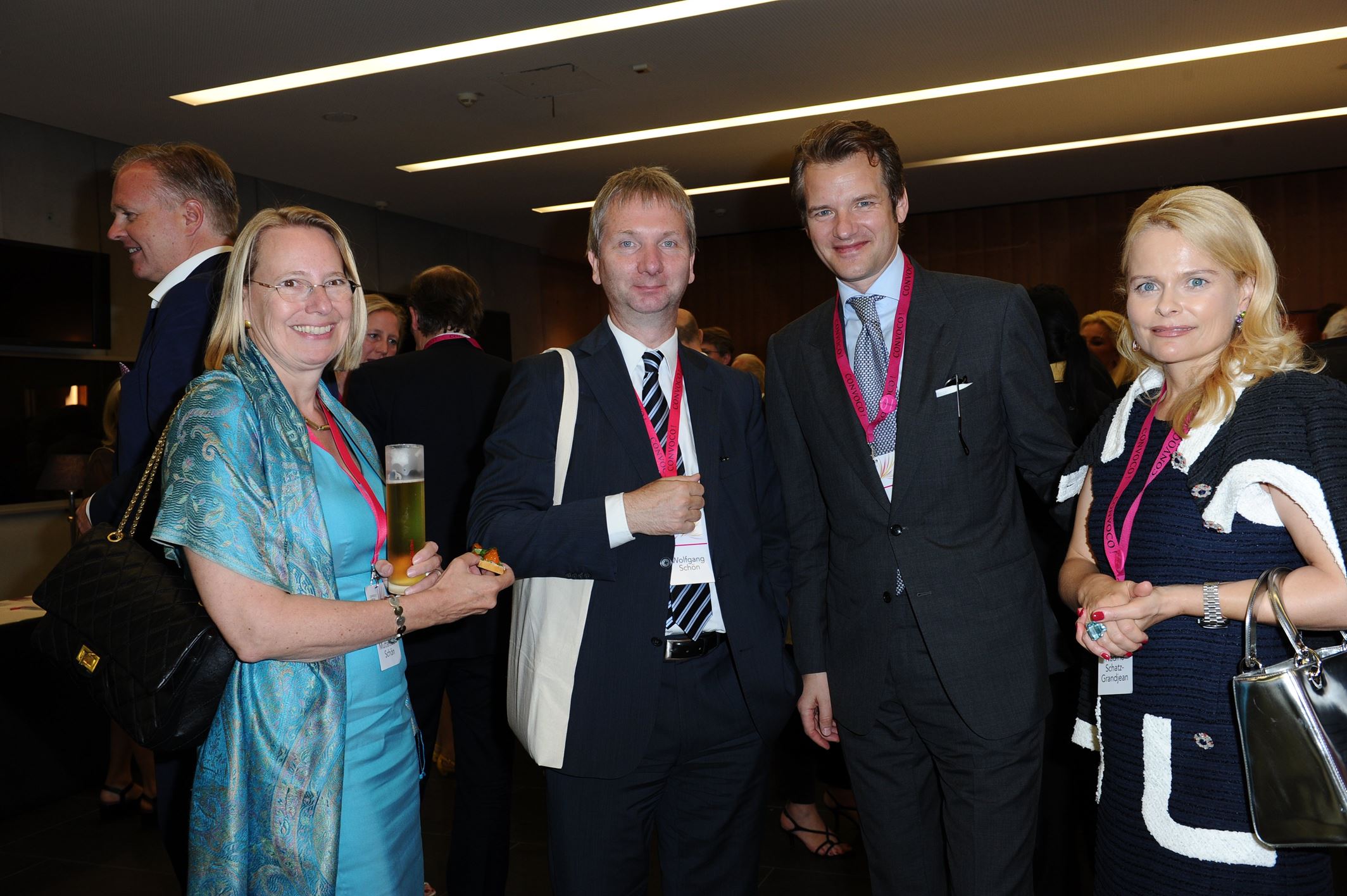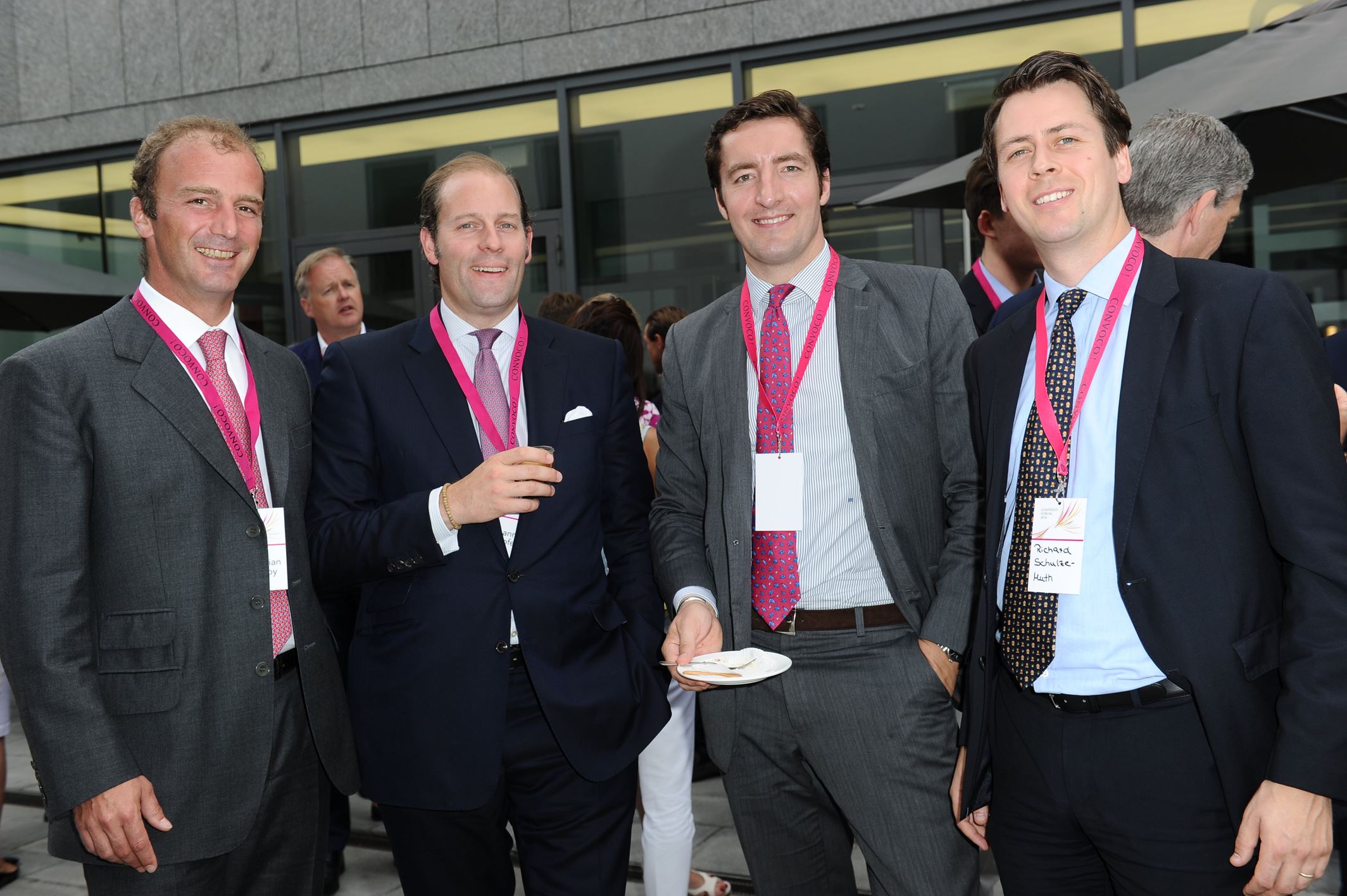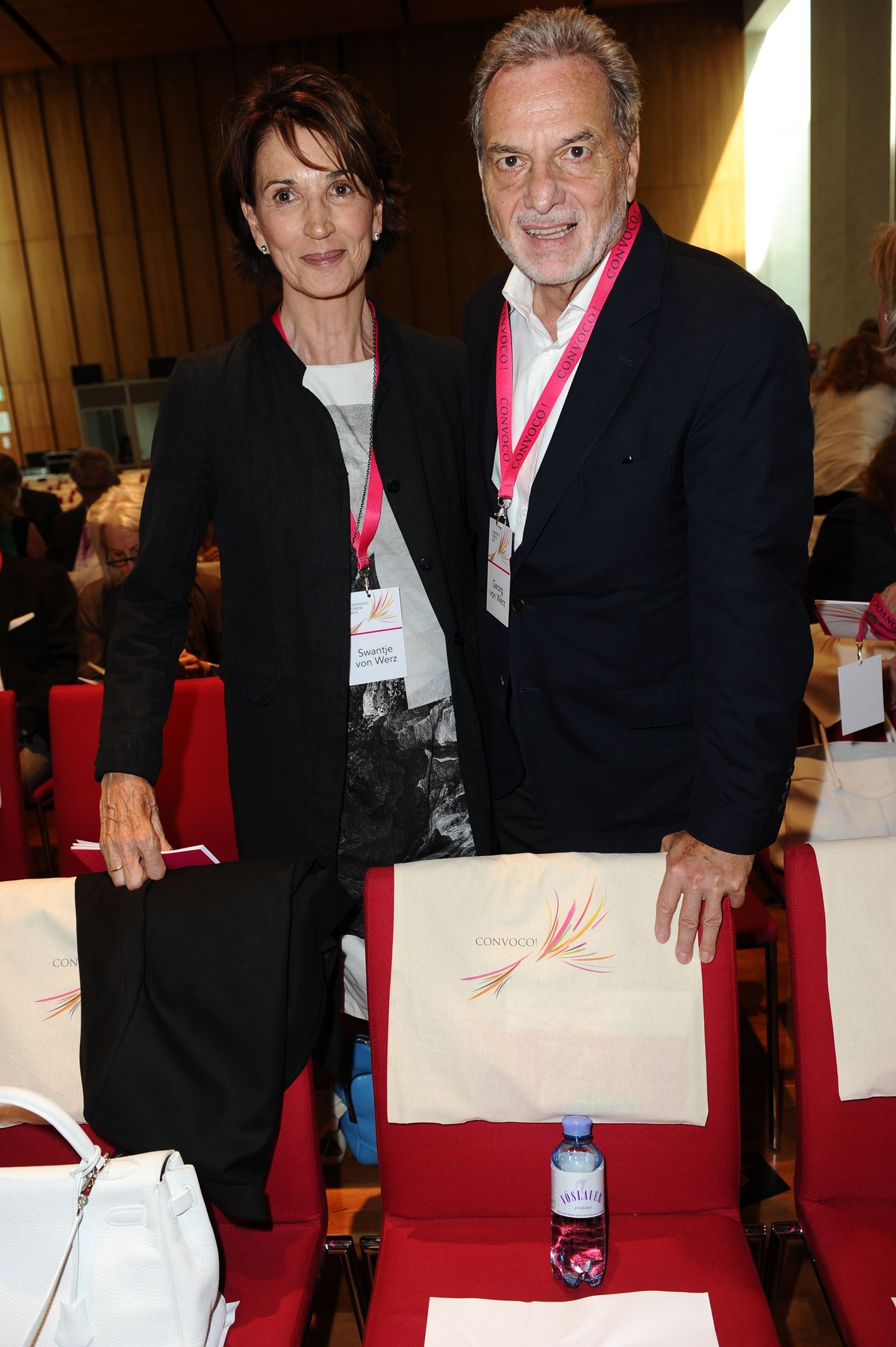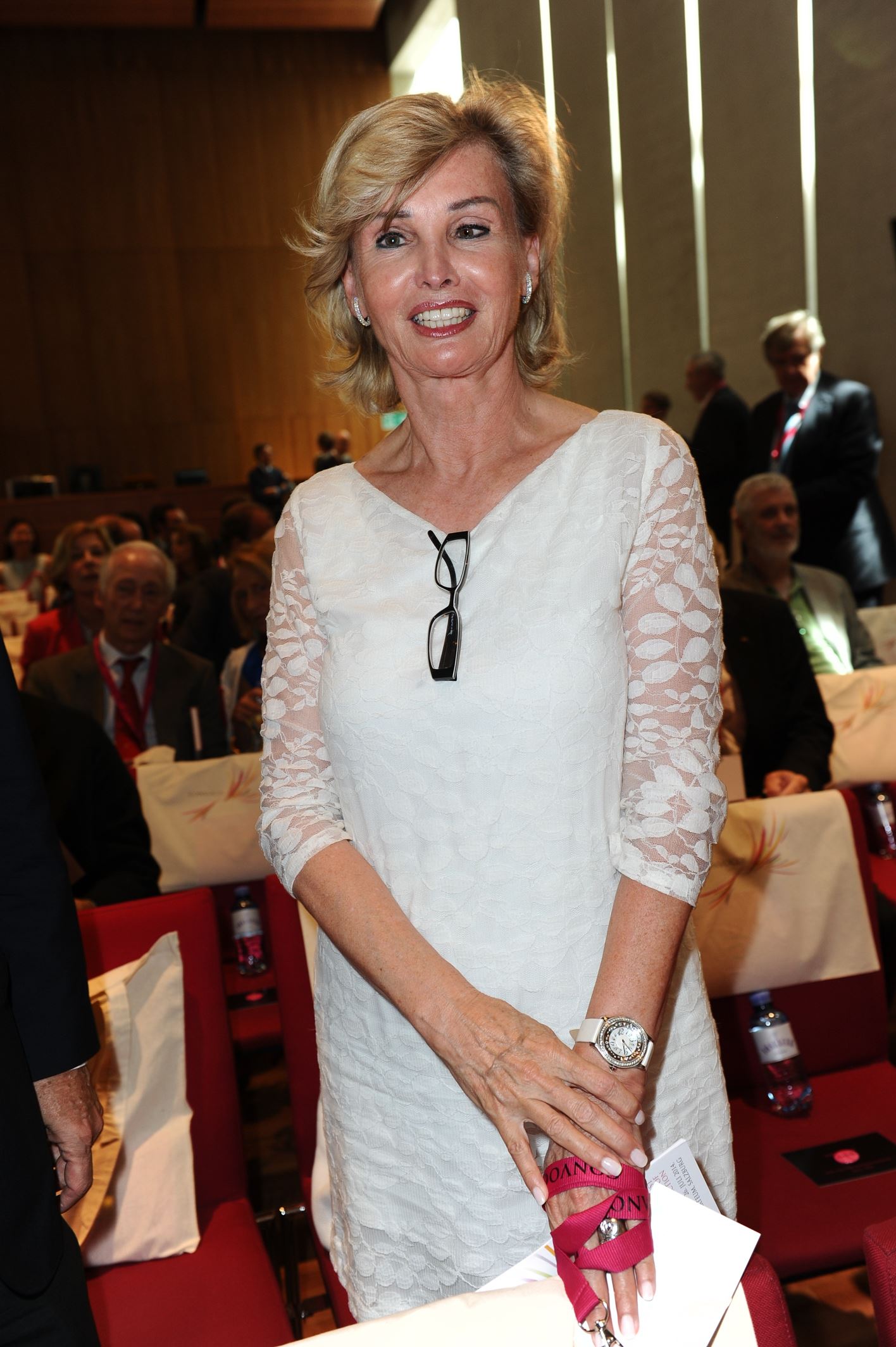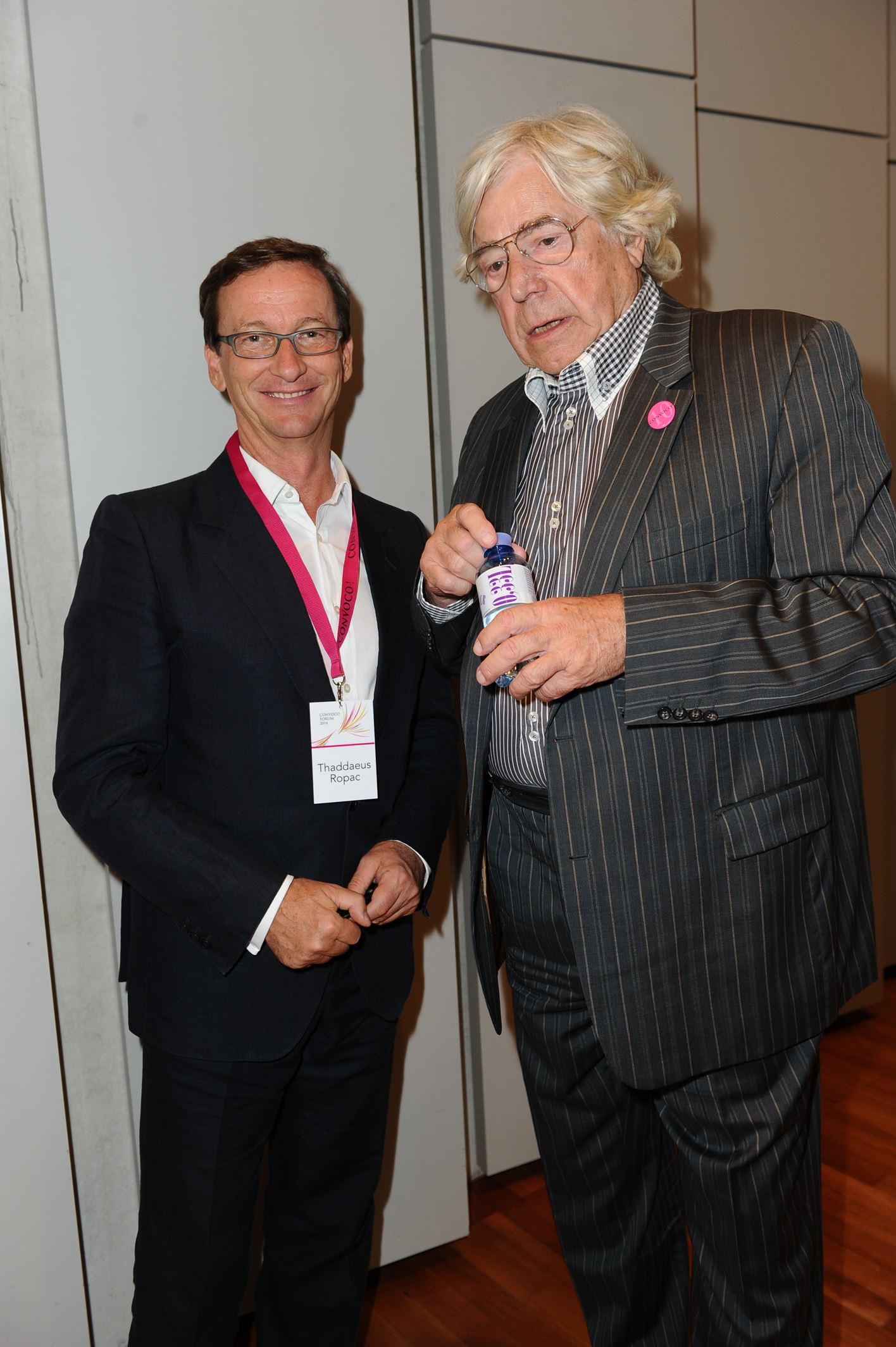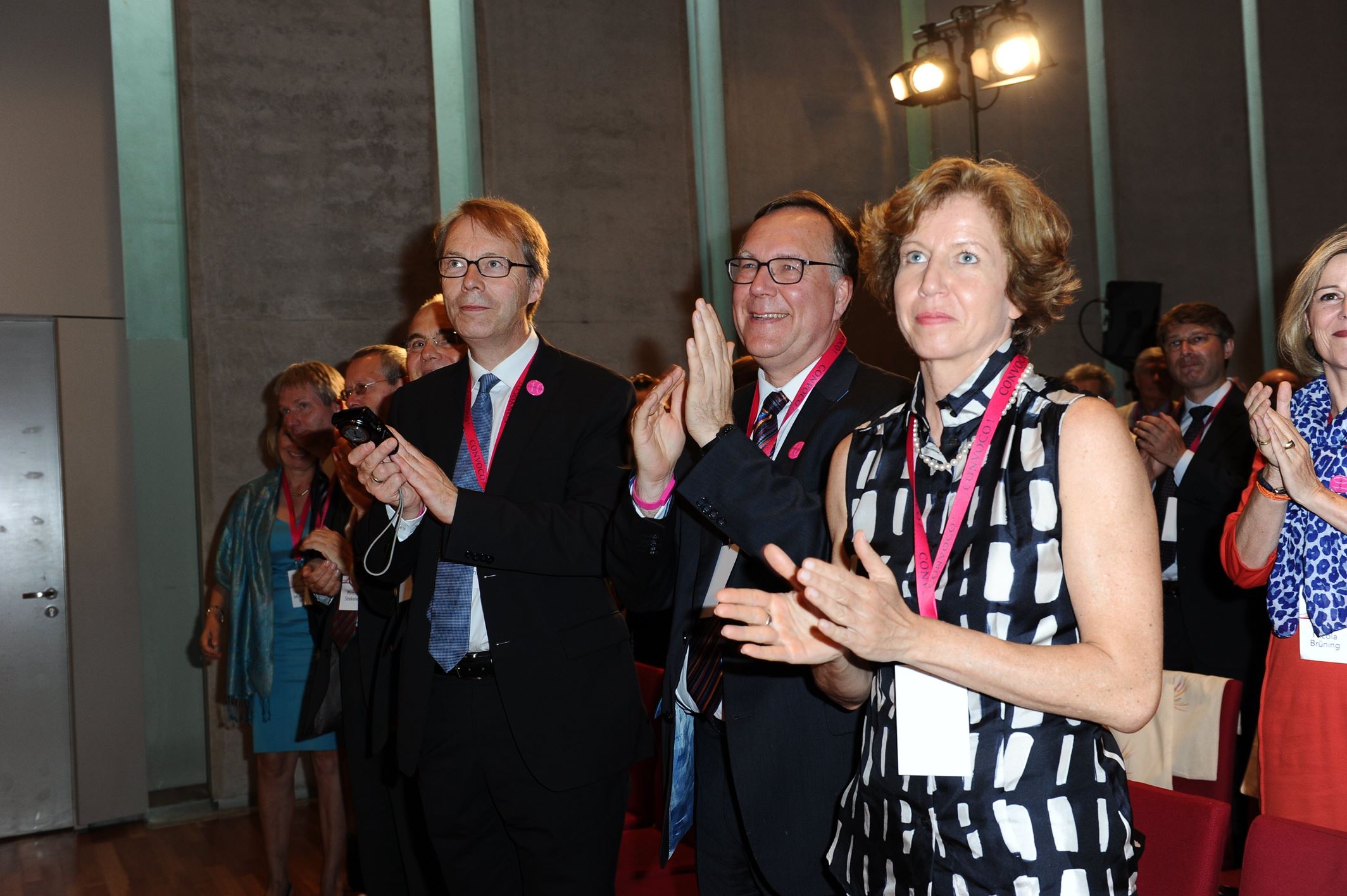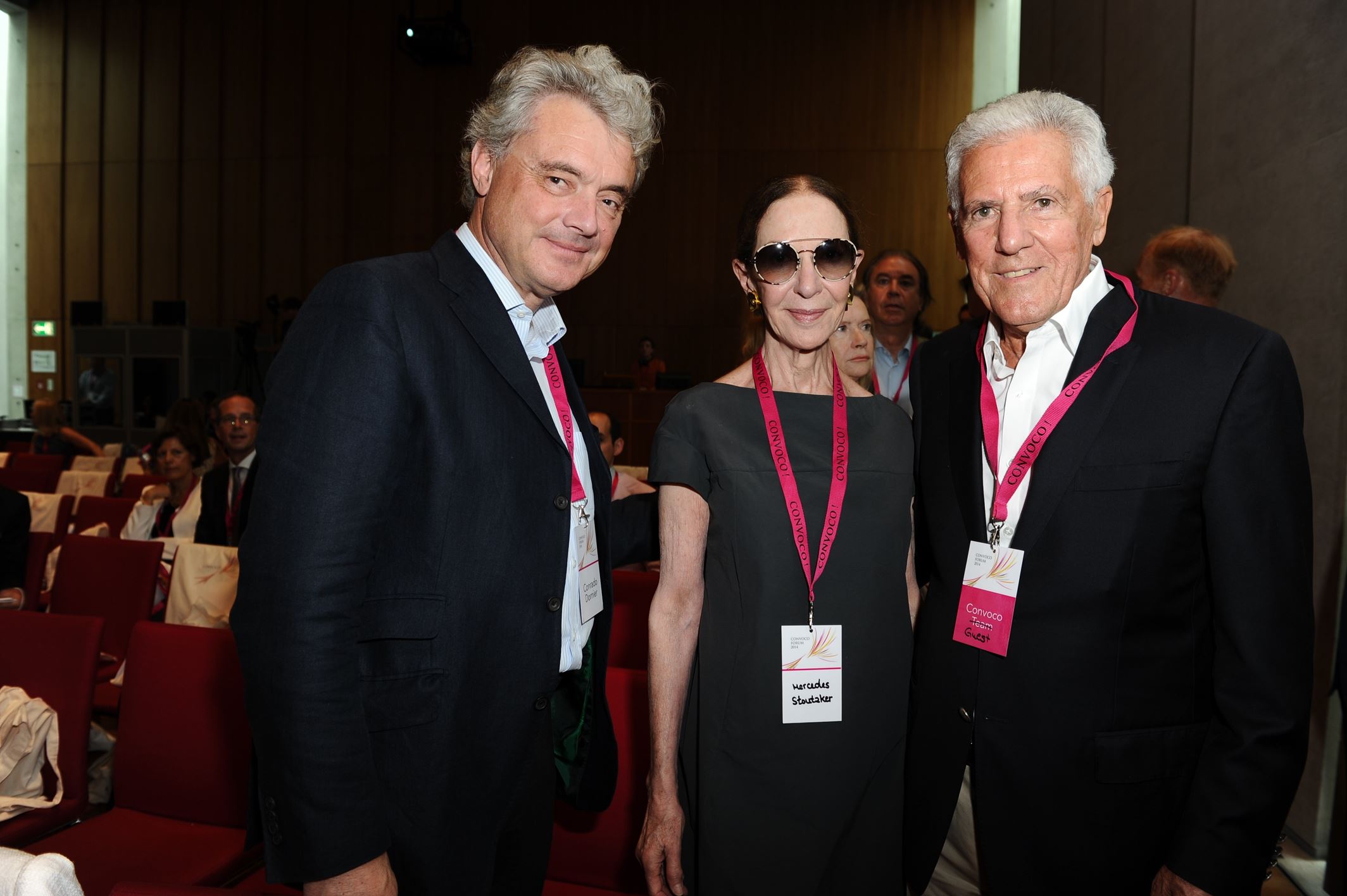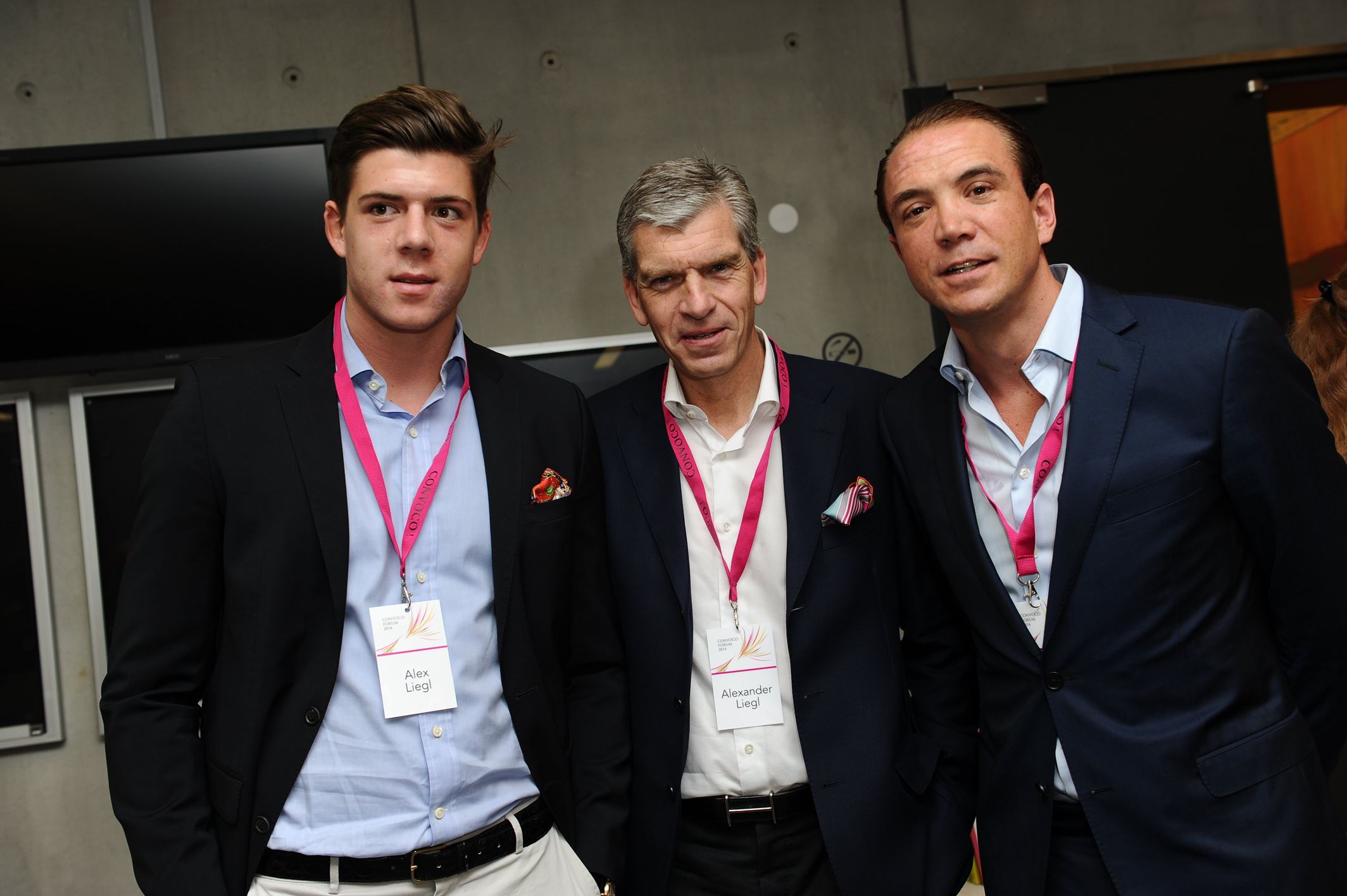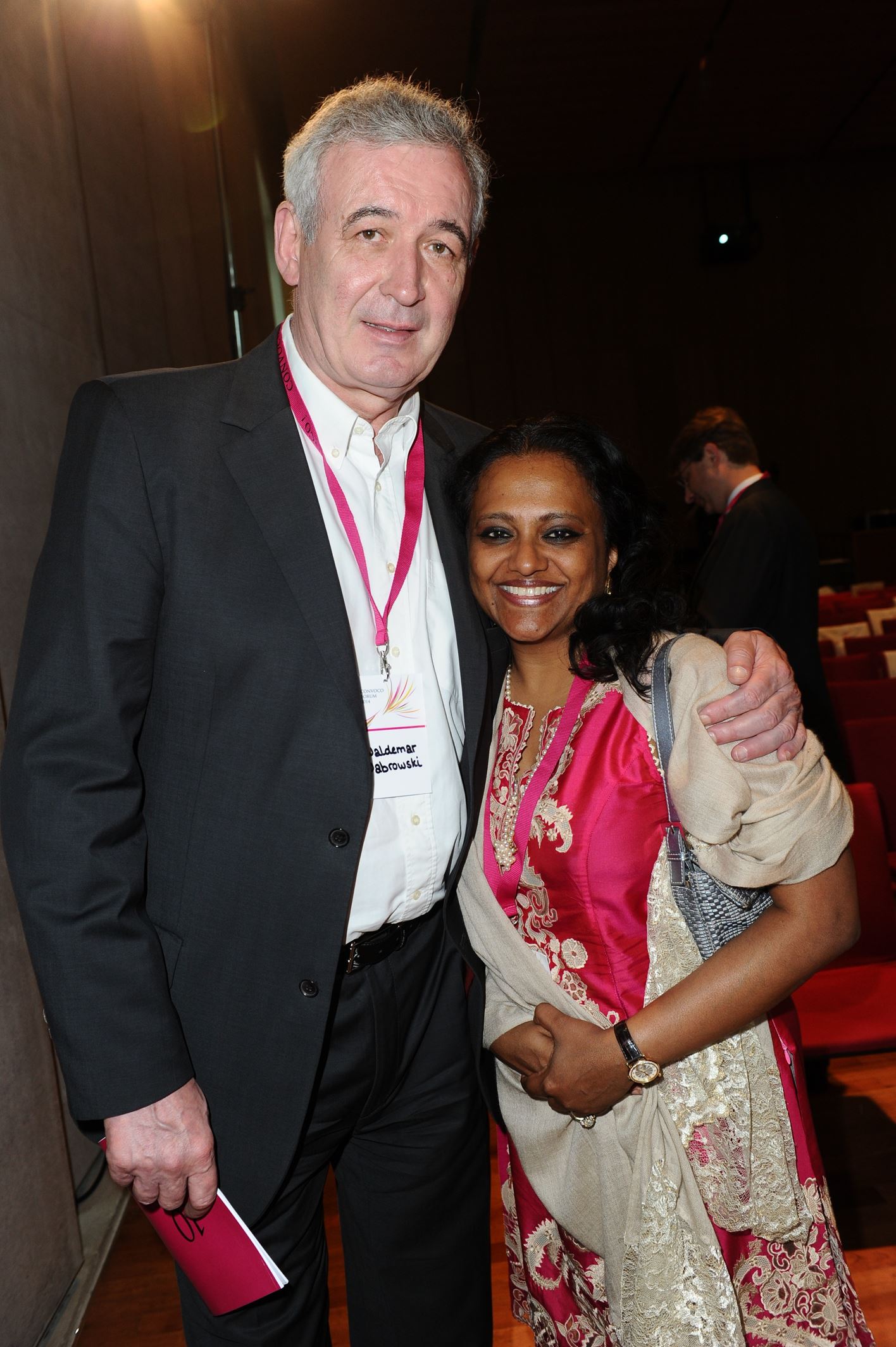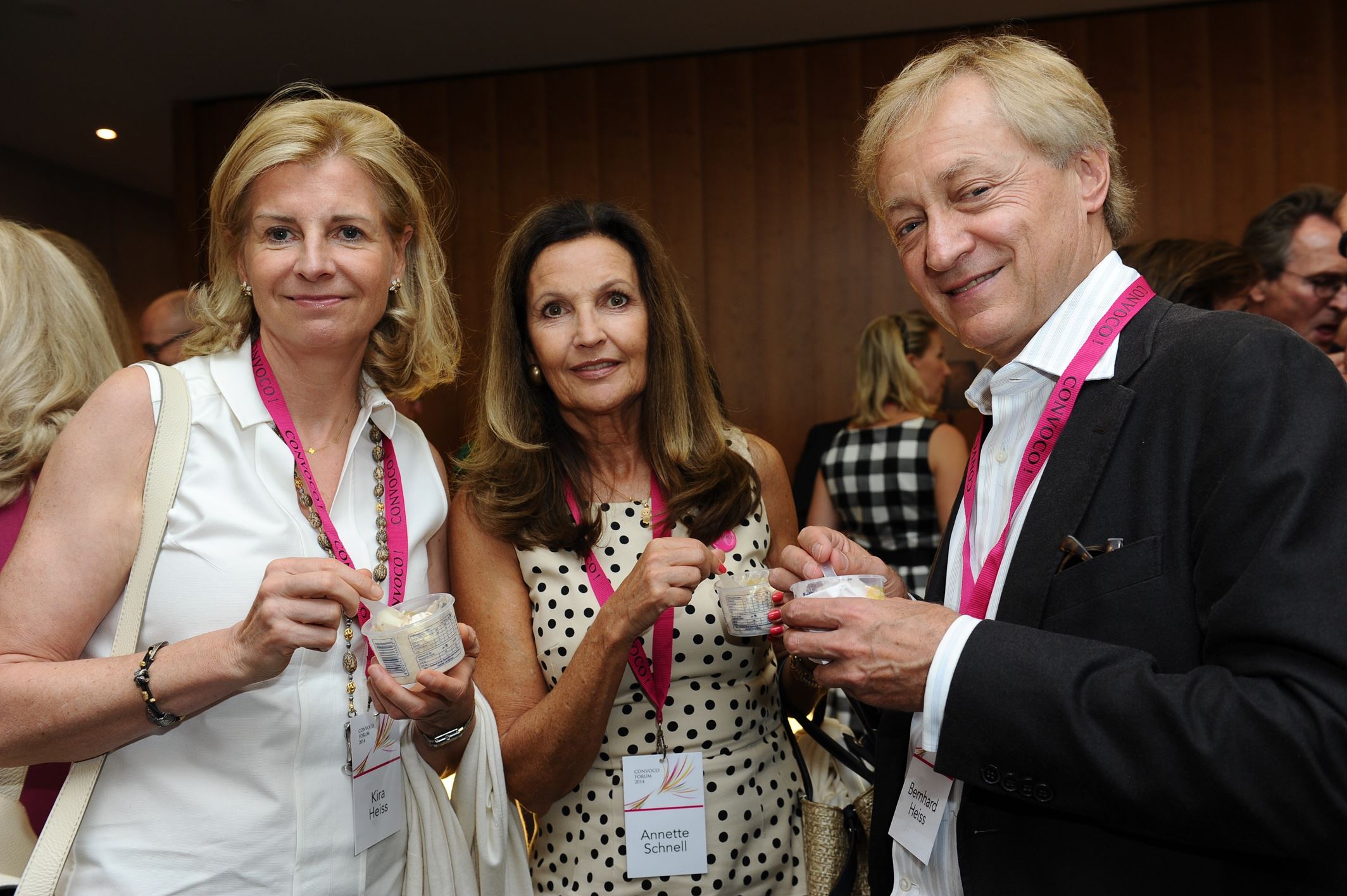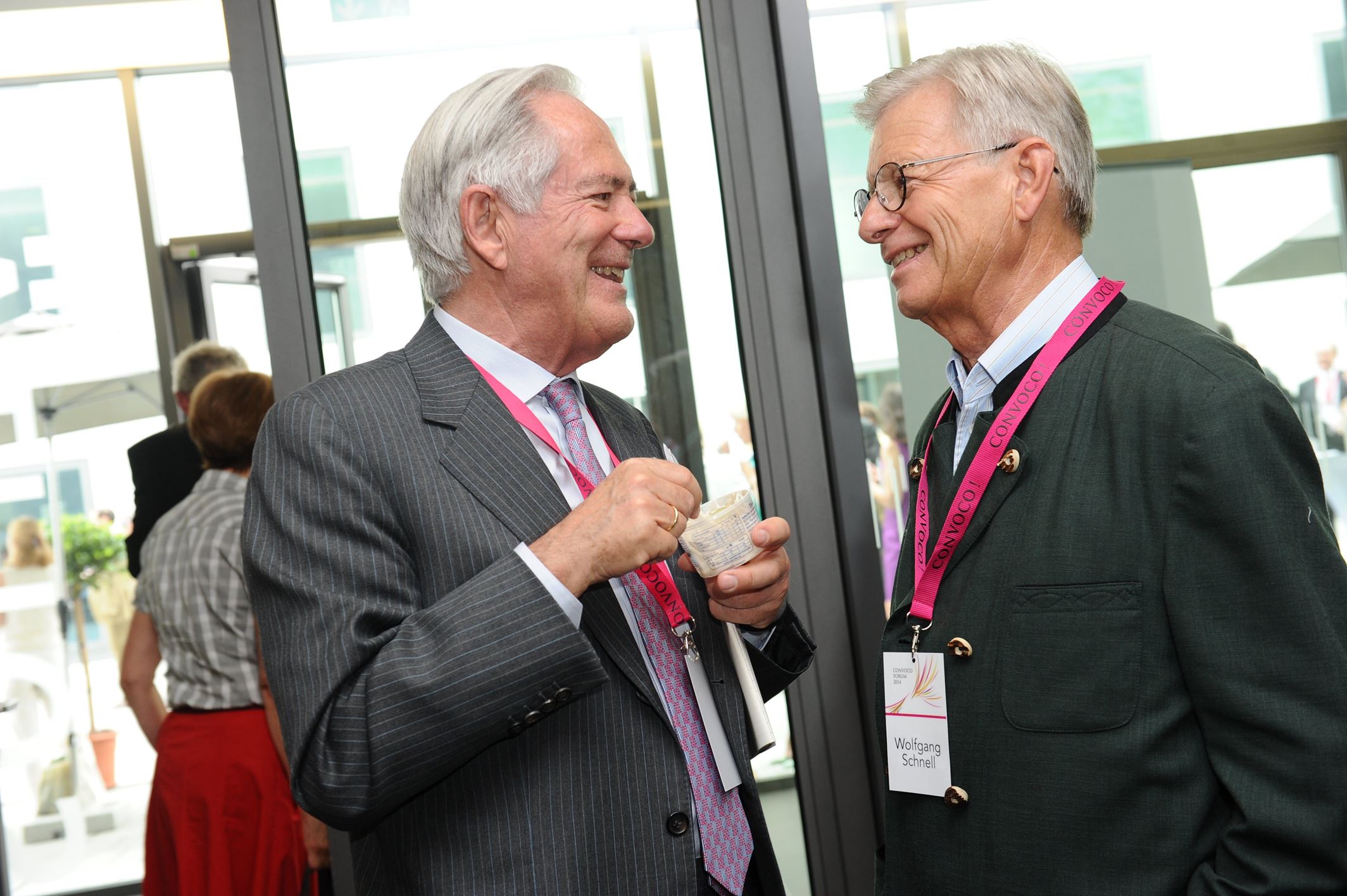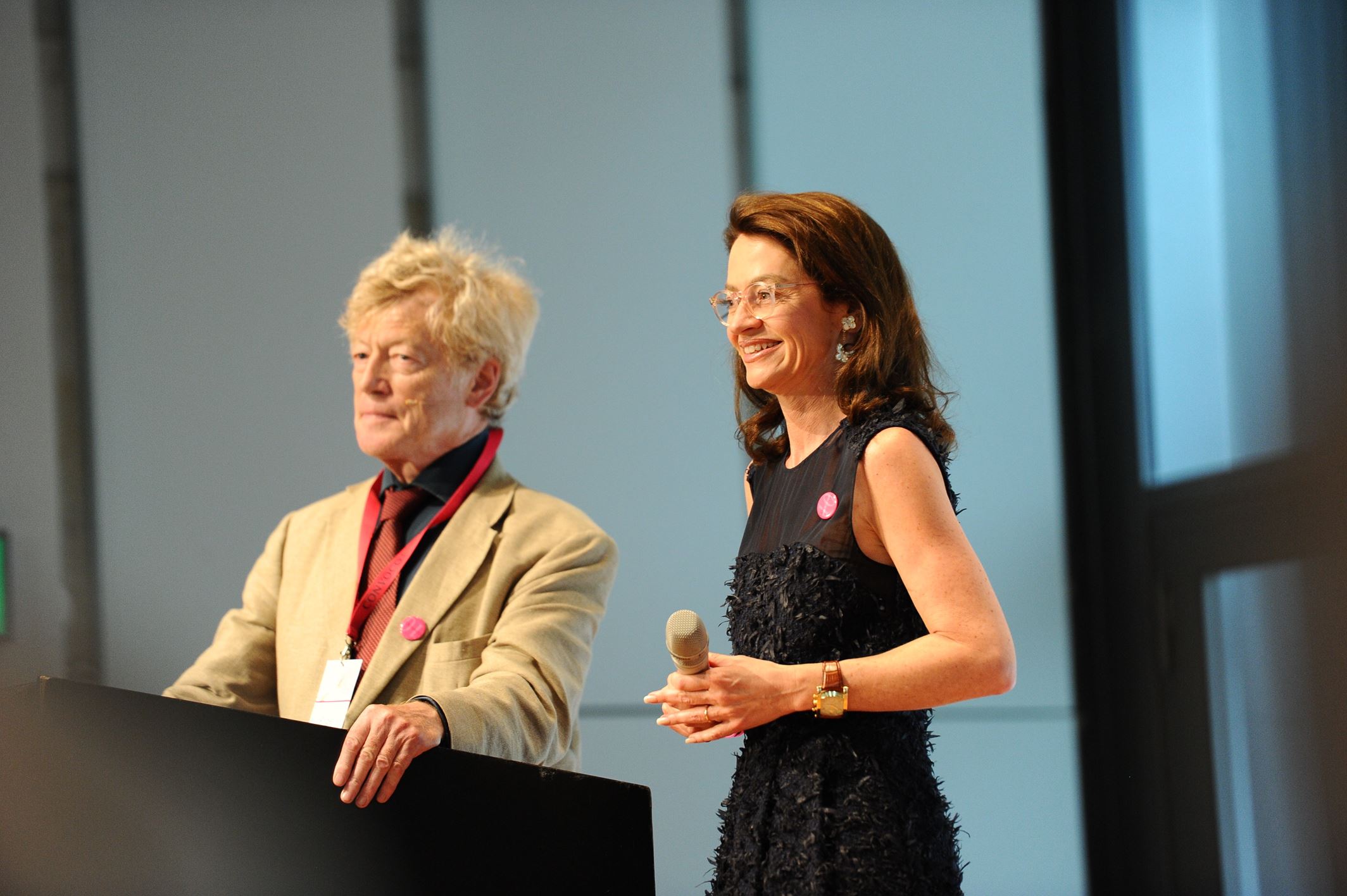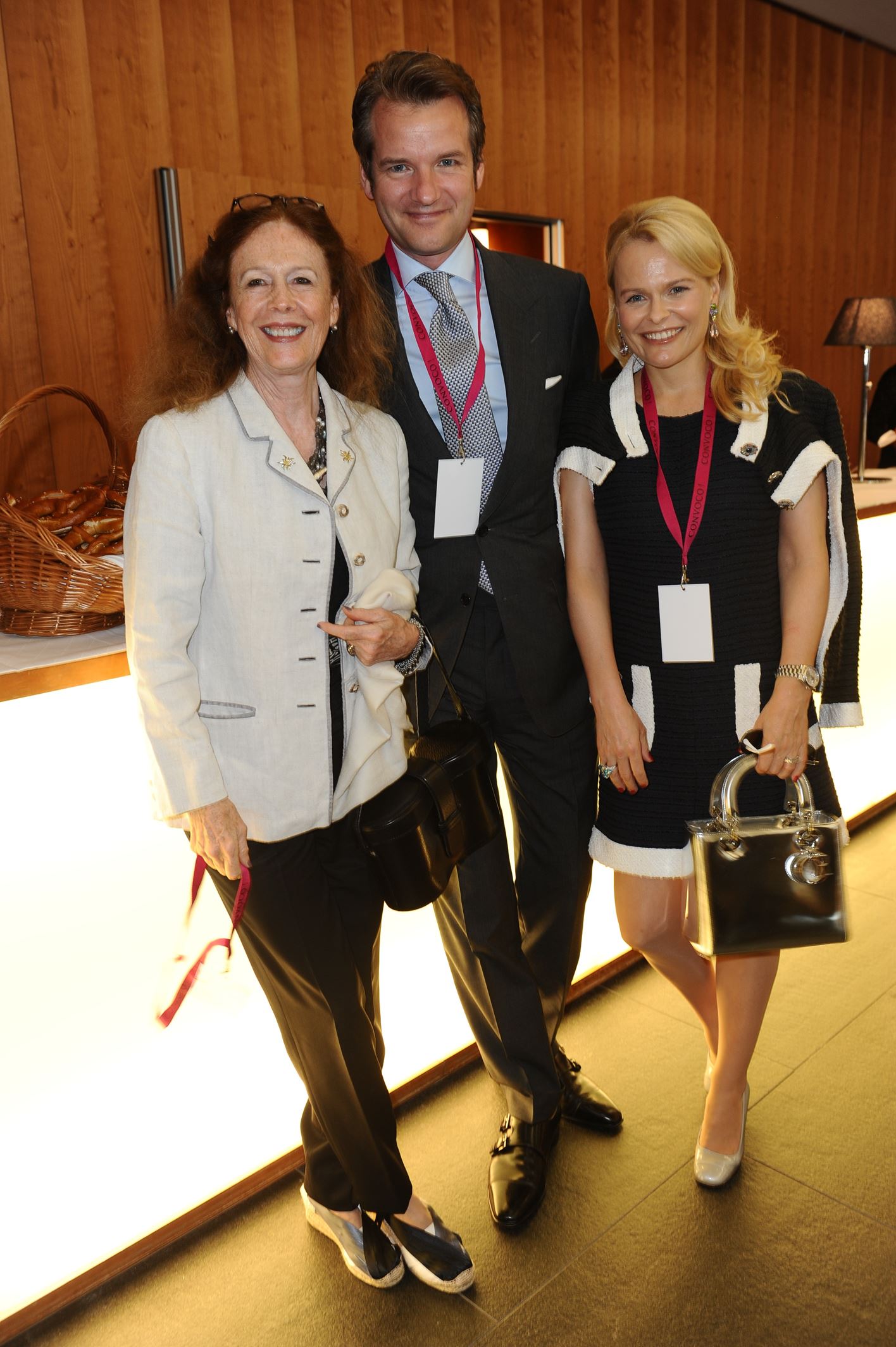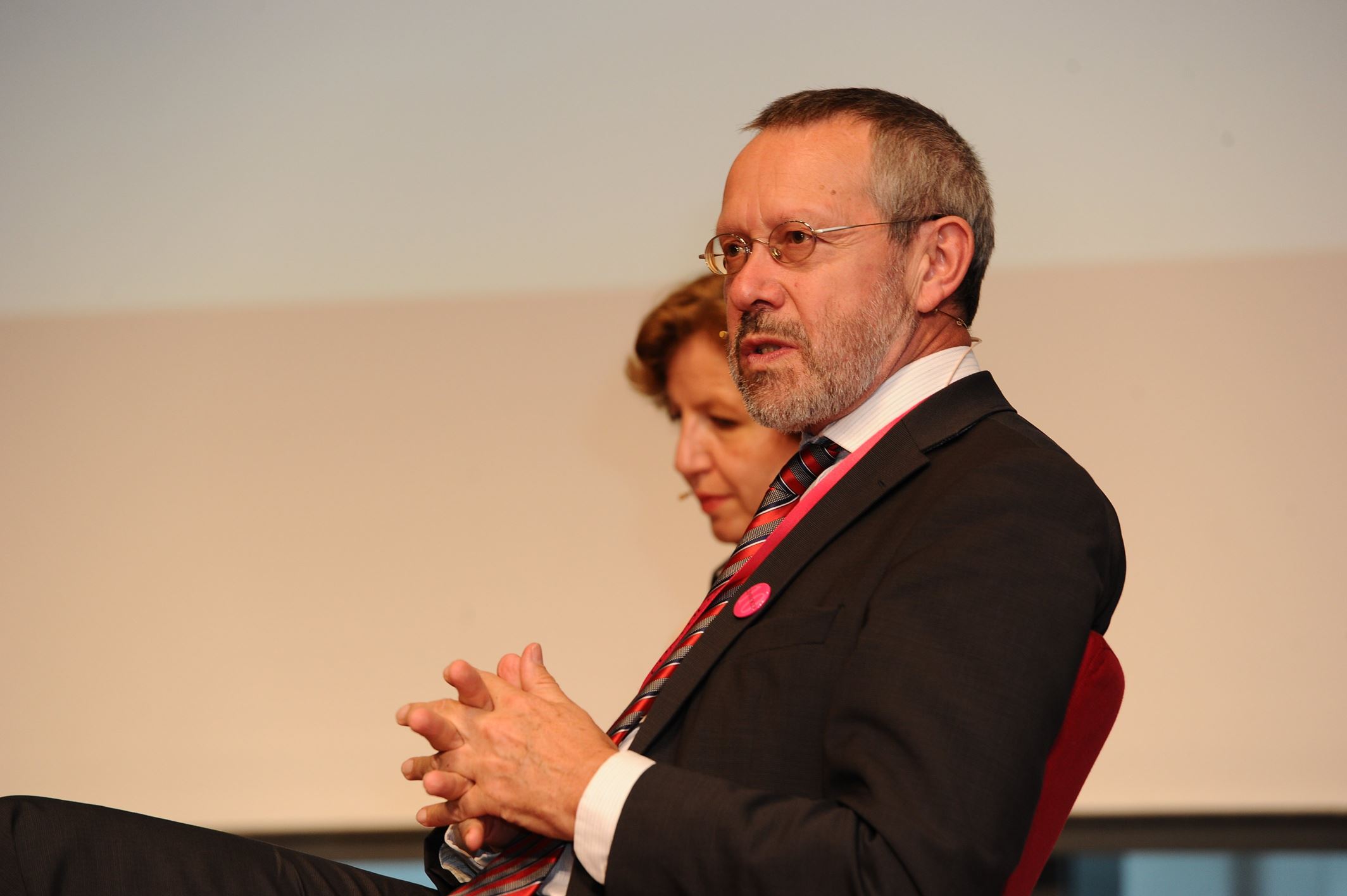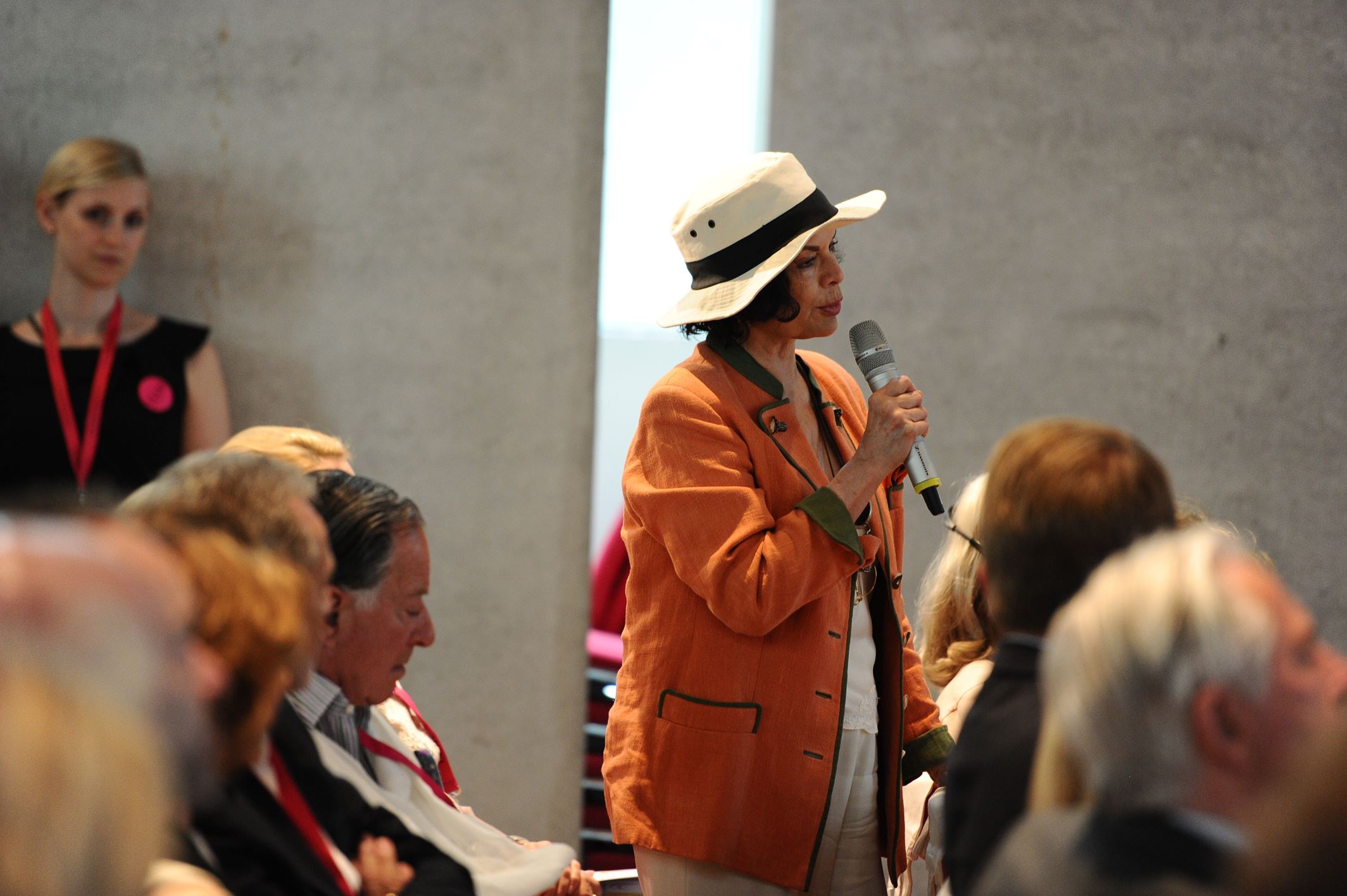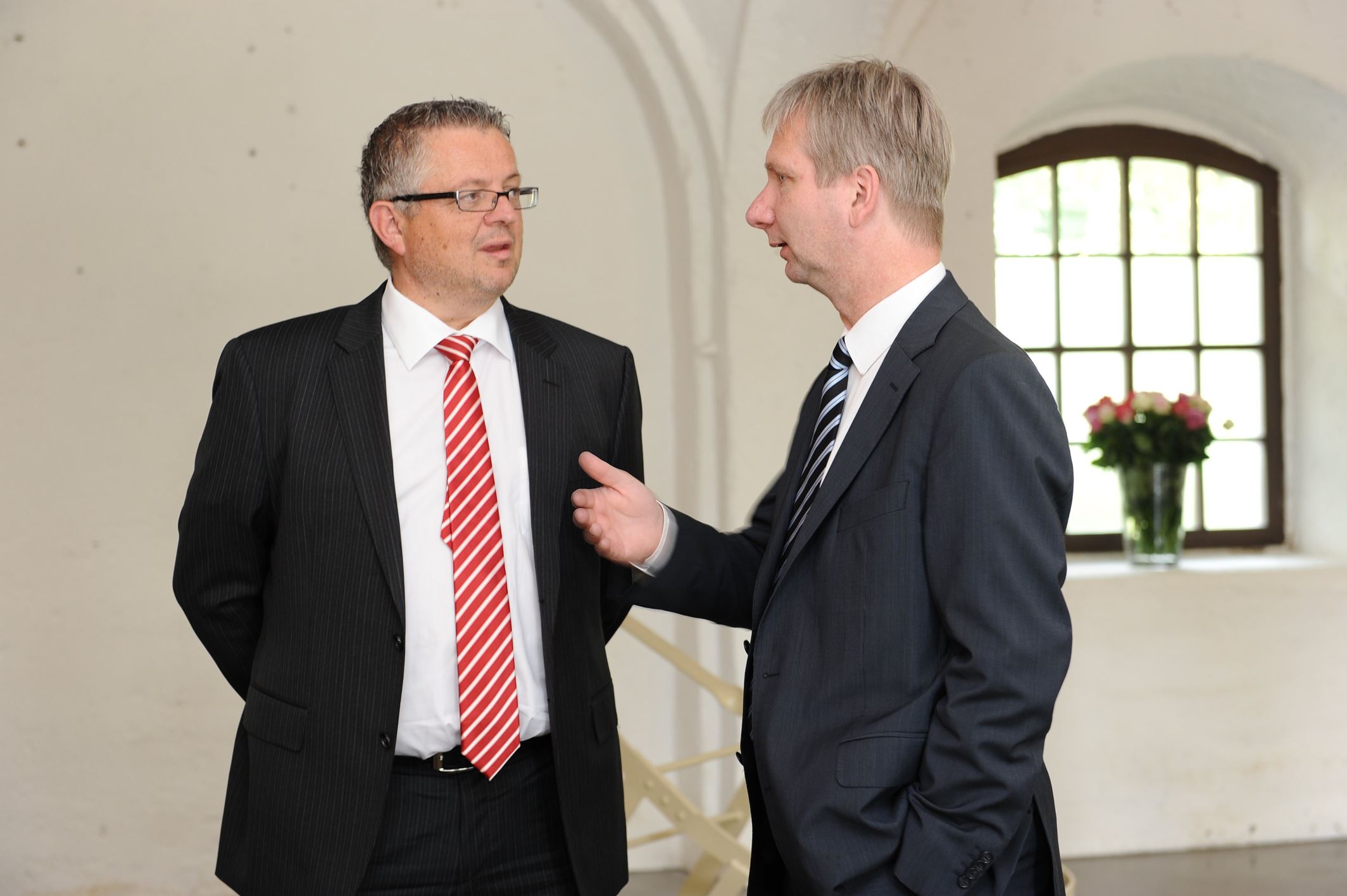CONVOCO! Forum 2014
CONVOCO! FORUM 2014
On July 26, 2014 the 10th Convoco Forum took place in Salzburg. The discussions addressed the topic, “Inaction as the Most Challenging Form of Action”.
Dr. Corinne Flick, Founder and Chair of the Convoco Foundation introduced the topic and gave first insights of when choosing not to act can be a valuable form of action, finding that it has become more and more important to think about the results of our actions before we act. Sometimes it may thus be wiser not to act and deliberately avoid negative consequences of our actions.
Prof. Roger Scruton, philosopher, author and Senior Research Fellow of Blackfriars Hall, Oxford and Senior Fellow of the Ethics and Public Policy Center, Washington, developed these thoughts further in his keynote speech “Being and Letting Be”. Here the question arose whether society really should rush to solve any imaginable problem or whether this in fact simply leads to new problems and that long-term thinking requires the notion of “letting things be”. Prof. Scruton introduced institutions and their ability to balance long-term goals and immediate problems as a possible answer to dealing with the law of unintended consequences.
This led into the first panel discussion, chaired by Dr. Corinne Flick. The panel was introduced by Prof. Wolfgang Schön – Vice-President of the German Research Foundation (DFG) and Director of the Max Planck Institute for Tax Law and Public Finance, Munich and consisted of Prof. Elke Holinski-Feder – Doctor of Human Genetics, Medizinisch Genetisches Zentrum, Munich, Prof. Stefan Korioth – Chair of Public and Ecclesiastical Law, LMU, Munich, Prof. Rudolf Mellinghoff – President of the Federal Supreme Tax Court of Germany, Friedhelm Mennekes – Jesuit and Prof.em. of Pastoral Theology and Religious Sociology, Graduate School Sankt Georgen and Prof. Pirmin Stekeler-Weithofer – President of the Saxonian Academy of Sciences, Leipzig. Together with Dr. Corinne Flick they discussed how Law, Medical Science, Philosophy and Religion all deal with inaction, whether it comes into conflict with action or whether it is simply a form of choosing to act in a different way.
The panel discussion was followed by a video filmed for Convoco: Hans Ulrich Obrist, Co-Director of the Serpentine Gallery, London, in conversation with the performance artist Marina Abramović. They discussed inaction as the most challenging form of action in connection with her exhibition at the Serpentine, 512 Hours, emphasizing the juxtaposition of the haste of modern life and the need to take time out.
The interview was followed by the second panel discussion of the day, introduced by Prof. Jörg Rocholl, President of ESMT and chaired by Dr. Corinne Flick. This panel, with Prof. Roland Berger – Founder and Honorary Chair, Roland Berger Strategy Consultants, Prof. Peter Huber – Judge of the Federal Constitutional Court of Germany, Prof. Kai Konrad – Director at the Max Planck Institute for Tax Law and Public Finance, discussed how the economic sector and businesses address inaction. One of the main questions was: When does it become a necessity for a business to approach action through inaction and where do the difficulties lie in balancing this with the need for growth and development.
Over 200 guests from the fields of politics, business, and science then took part in the debate during several Q&A sessions, picking up on different problems within the discourses.

